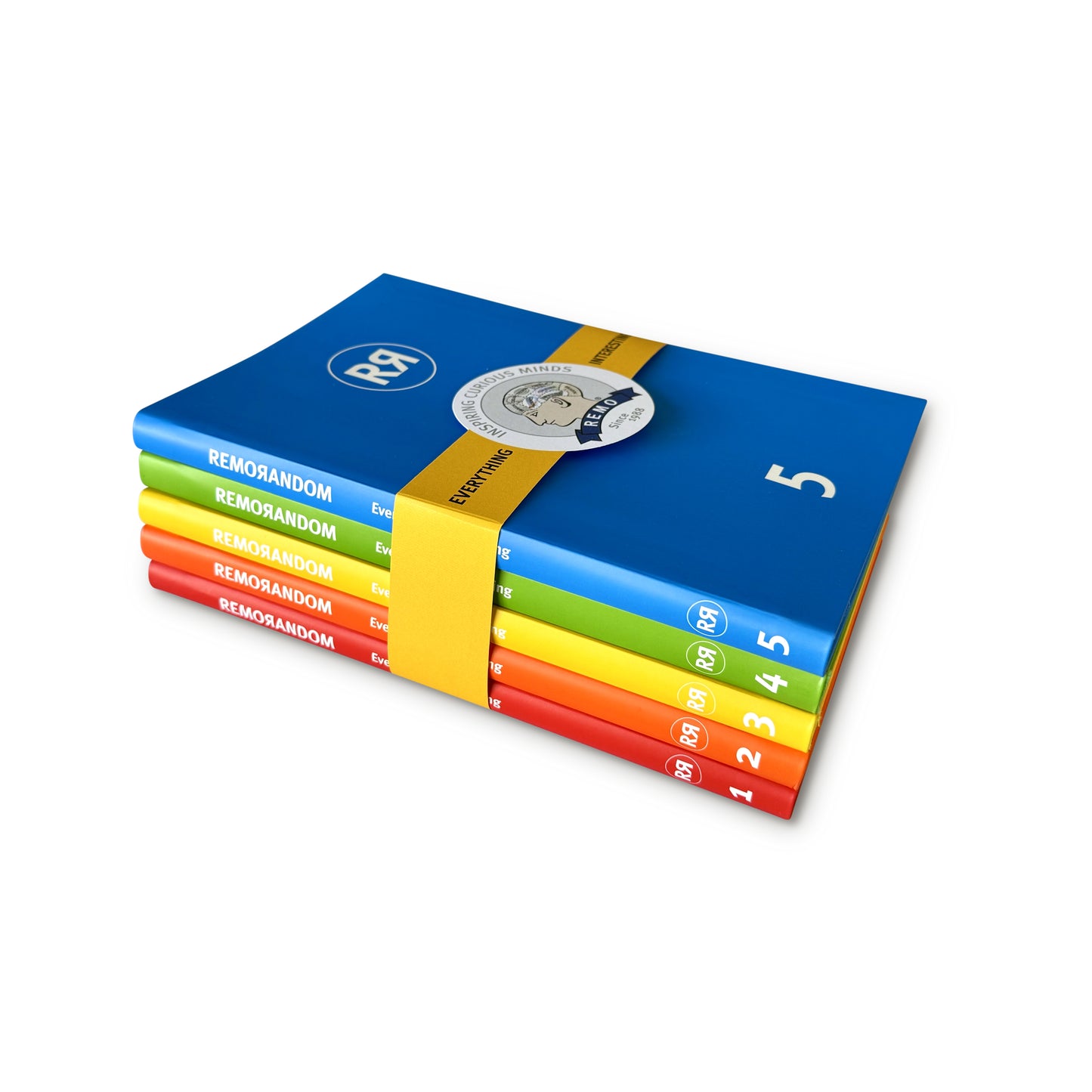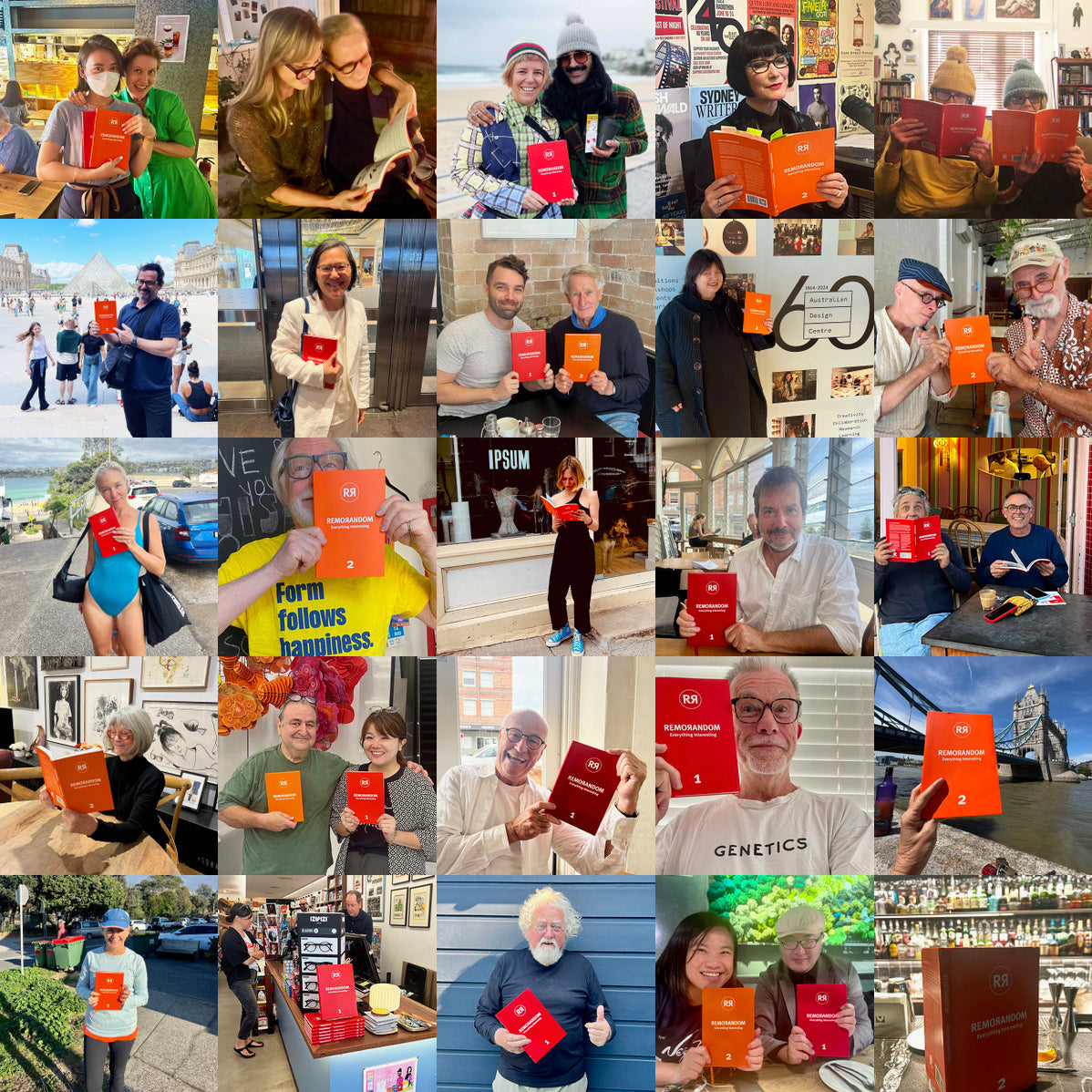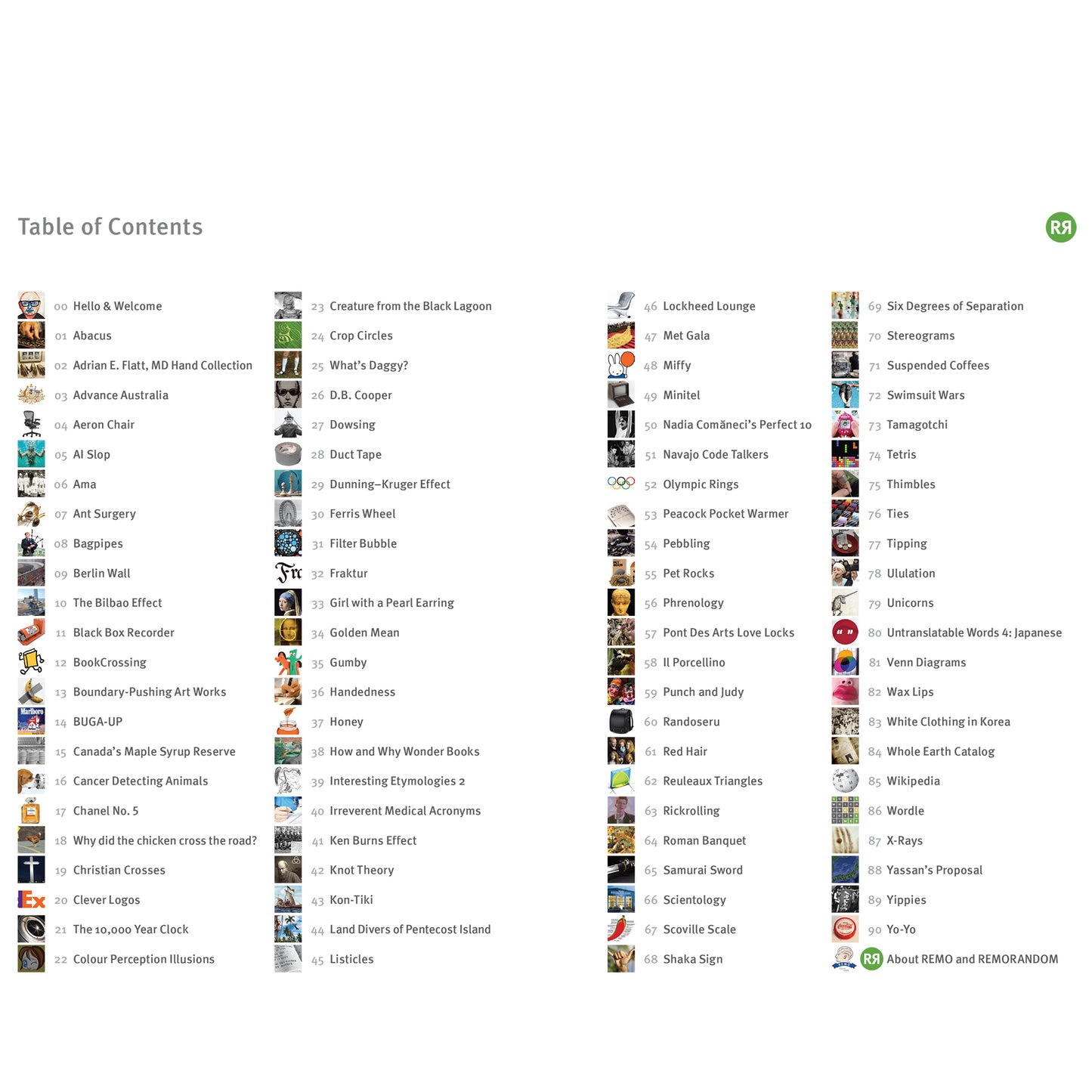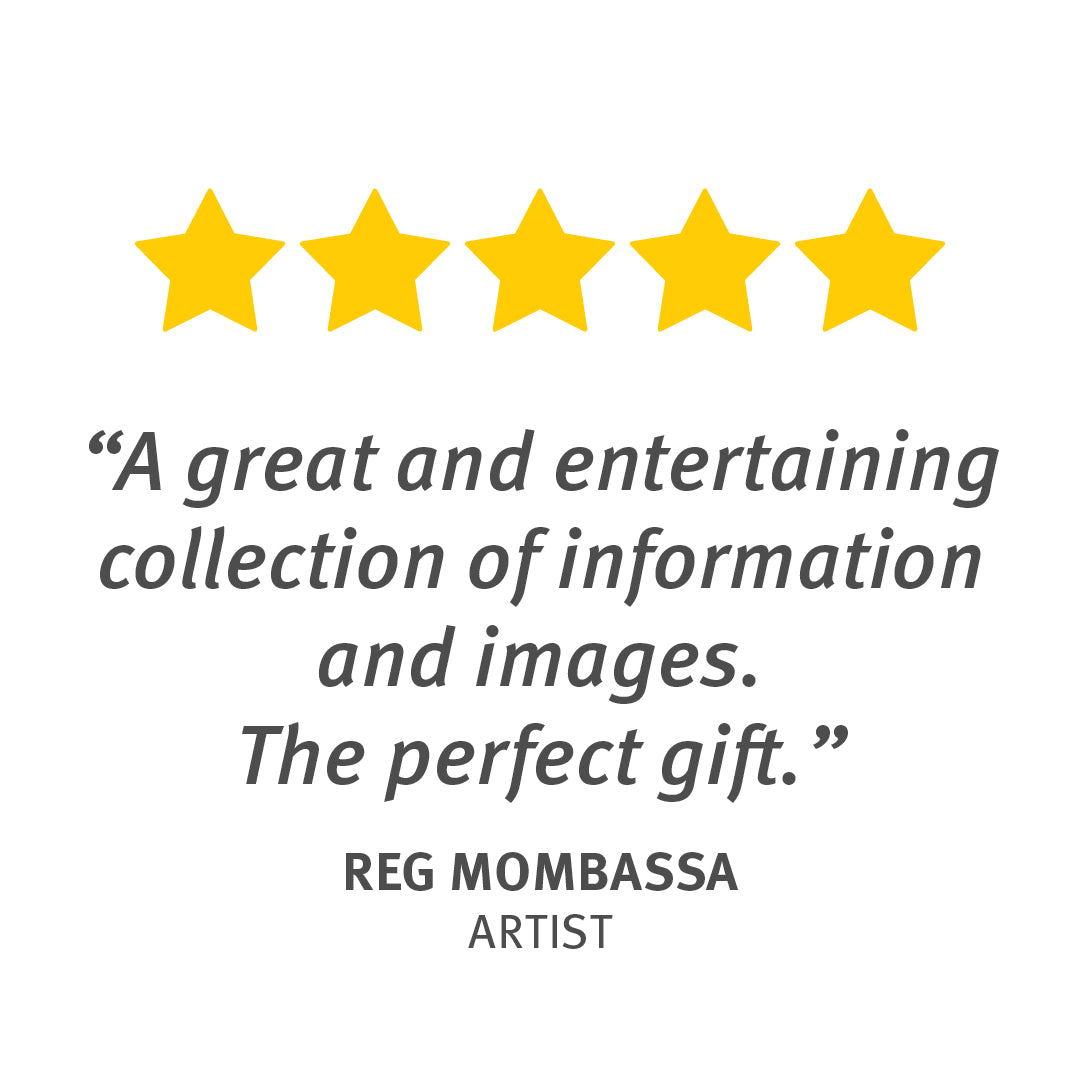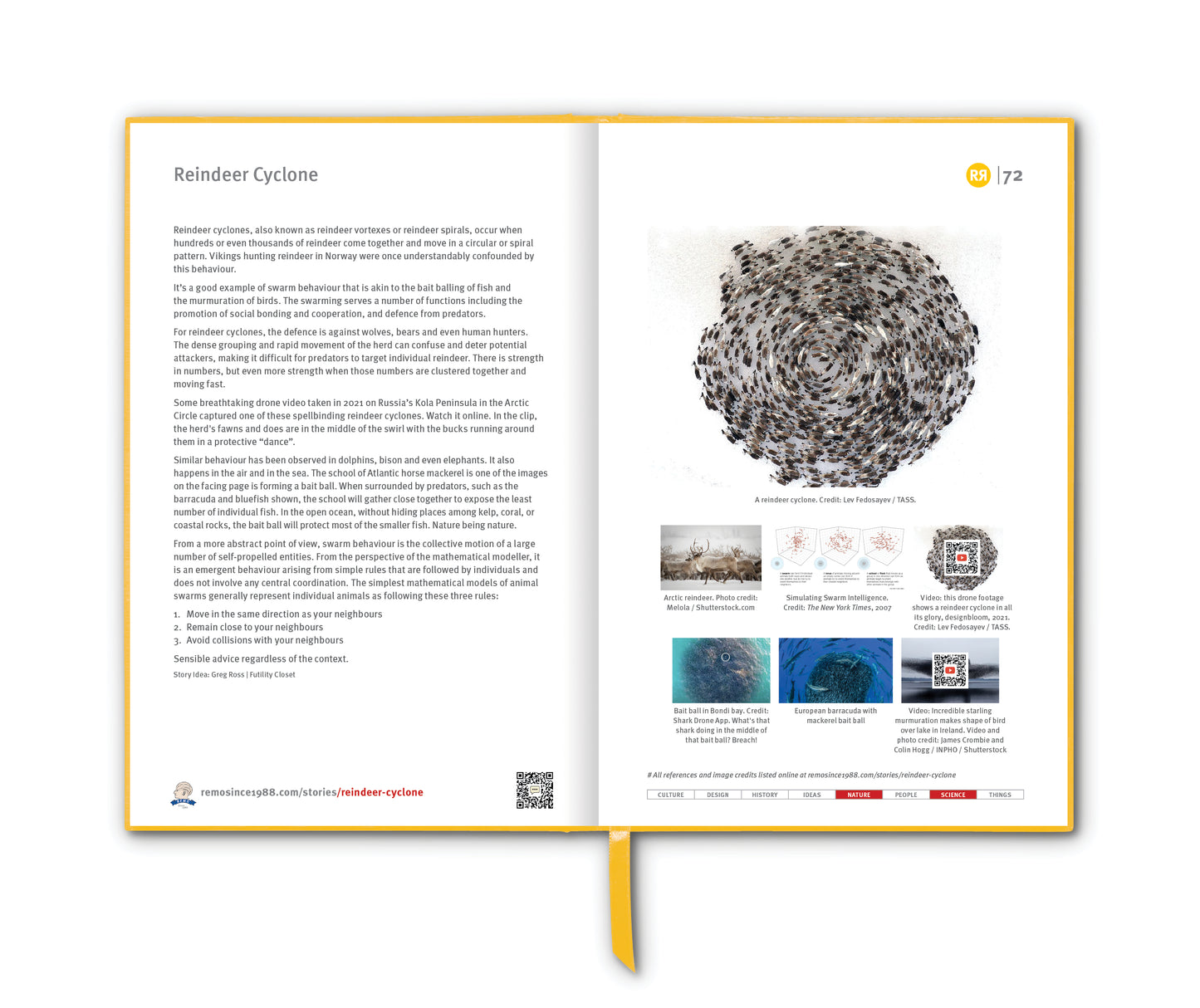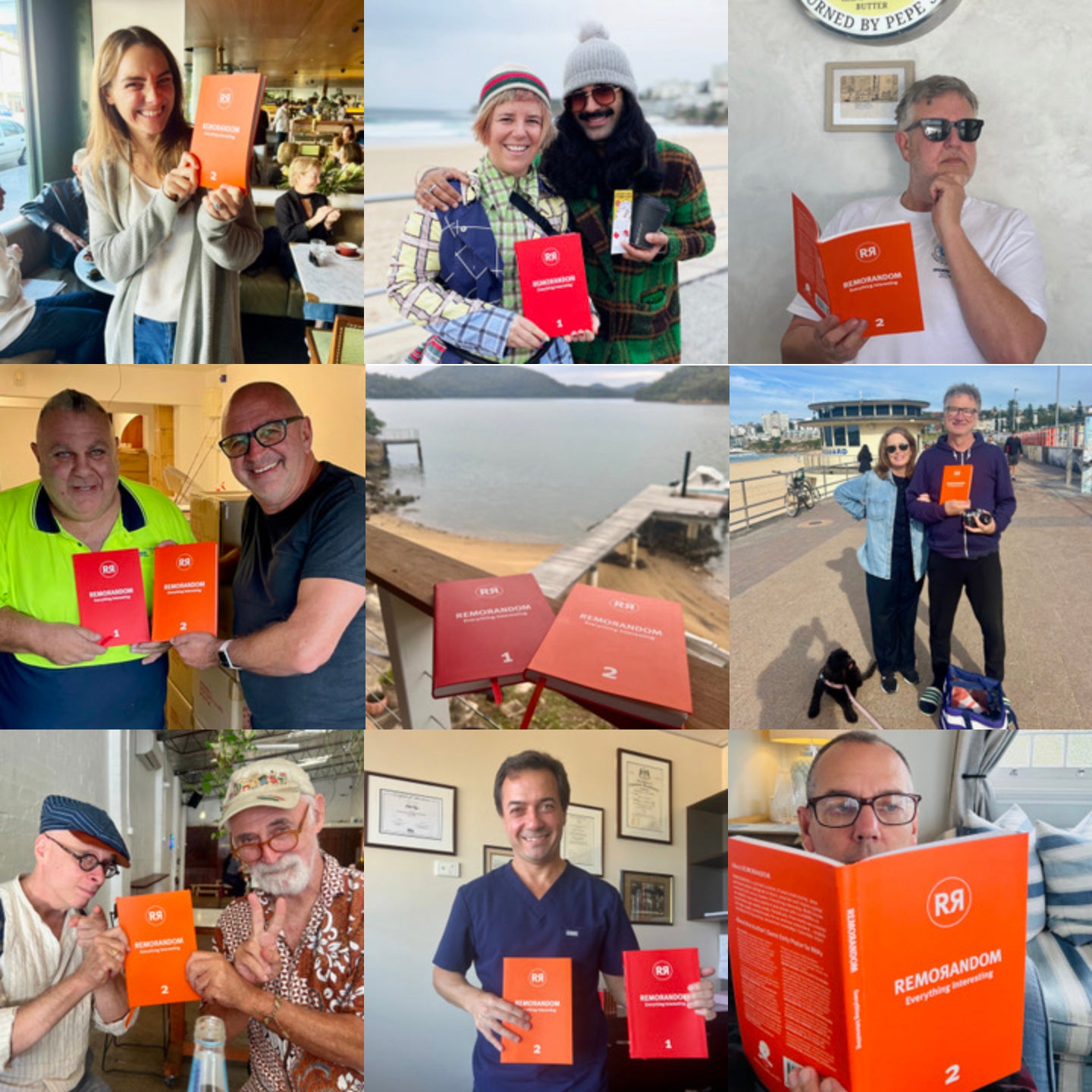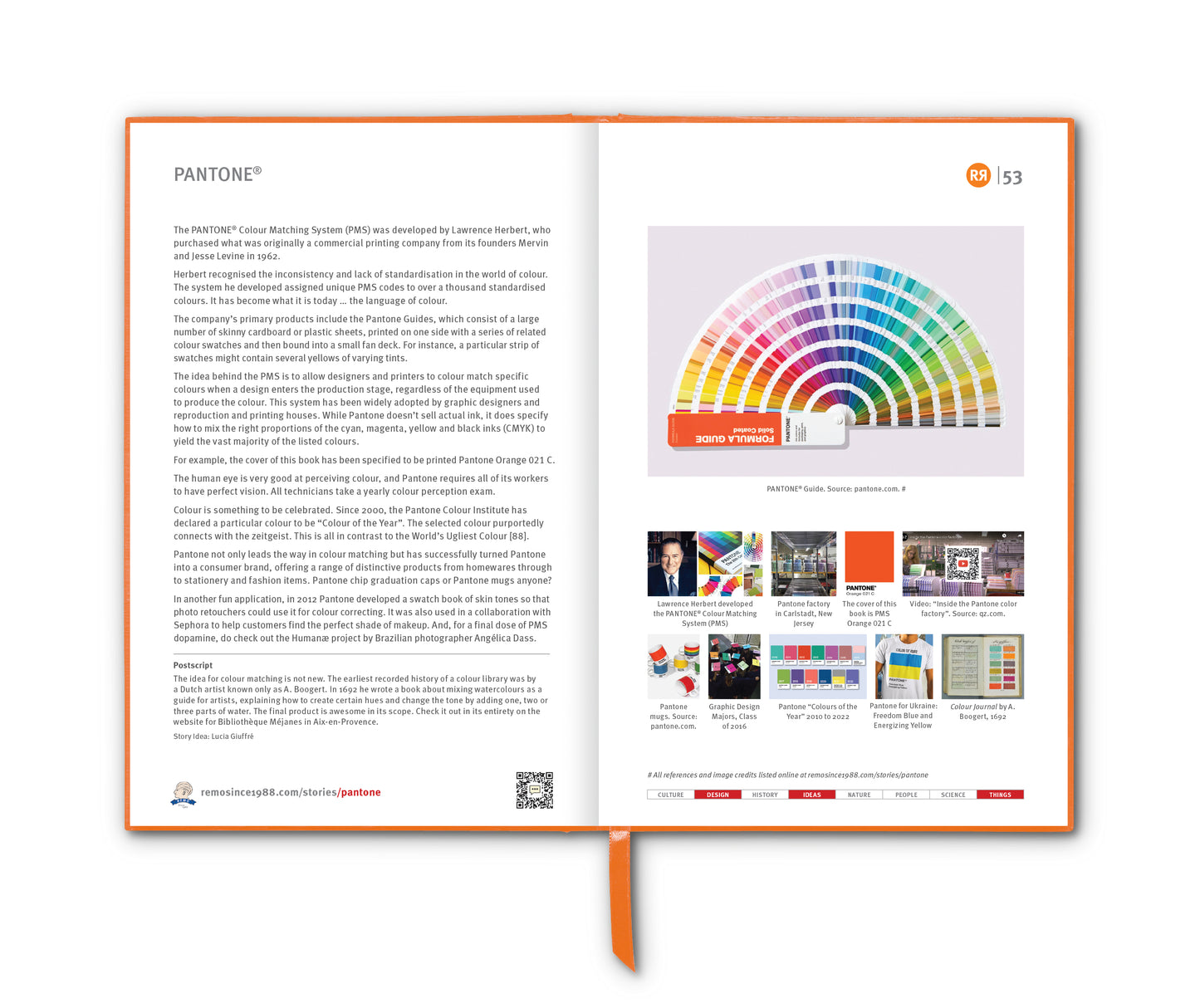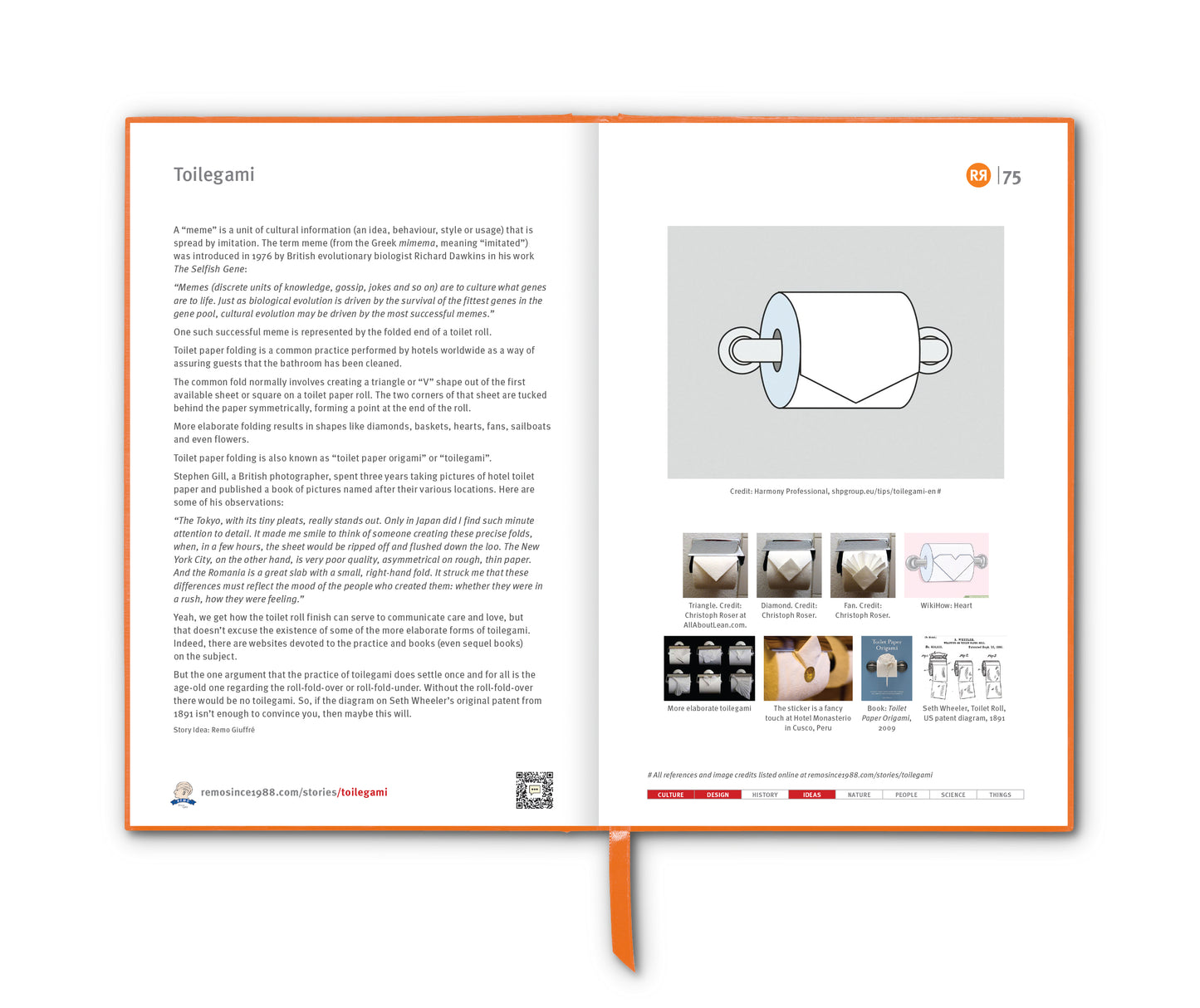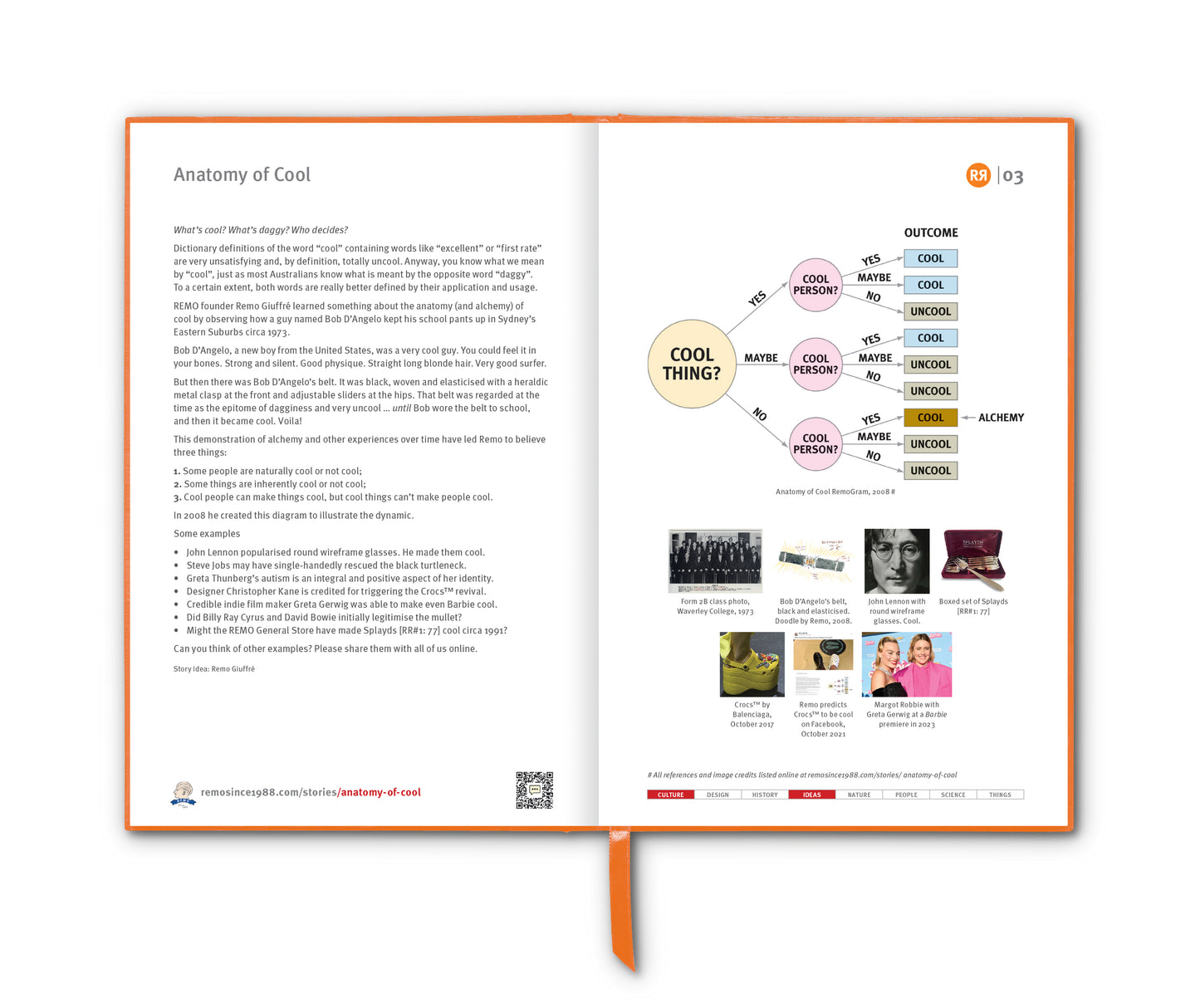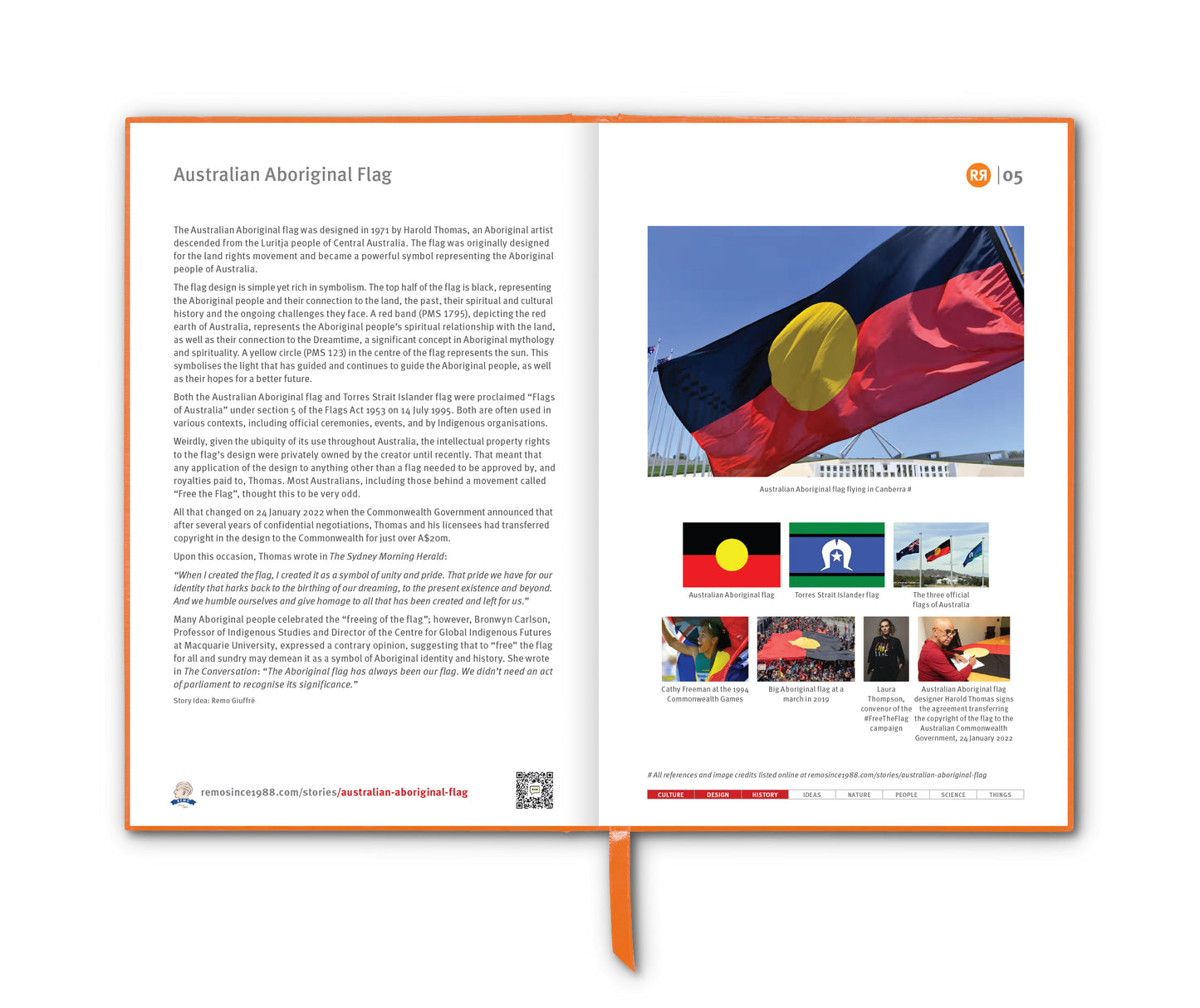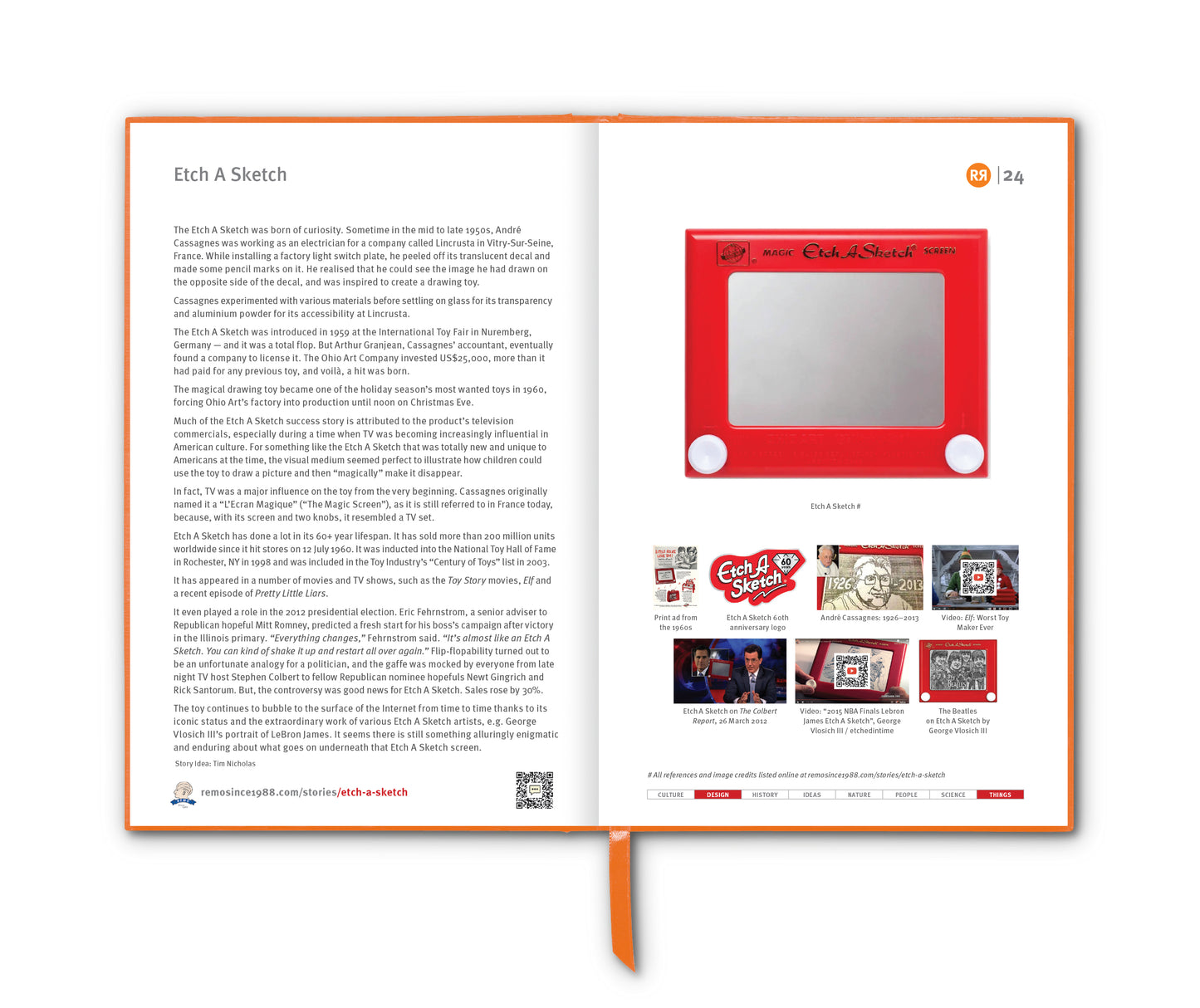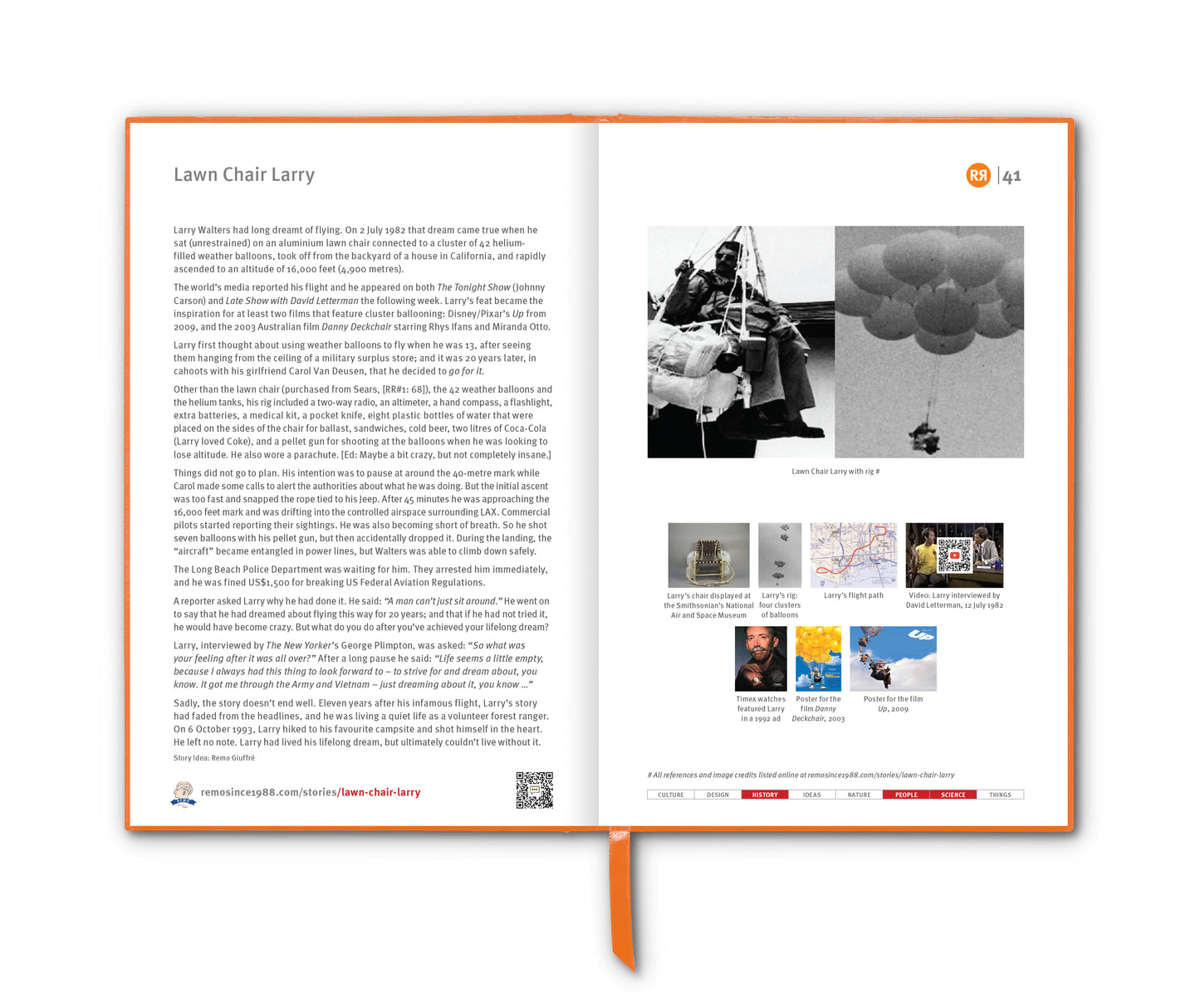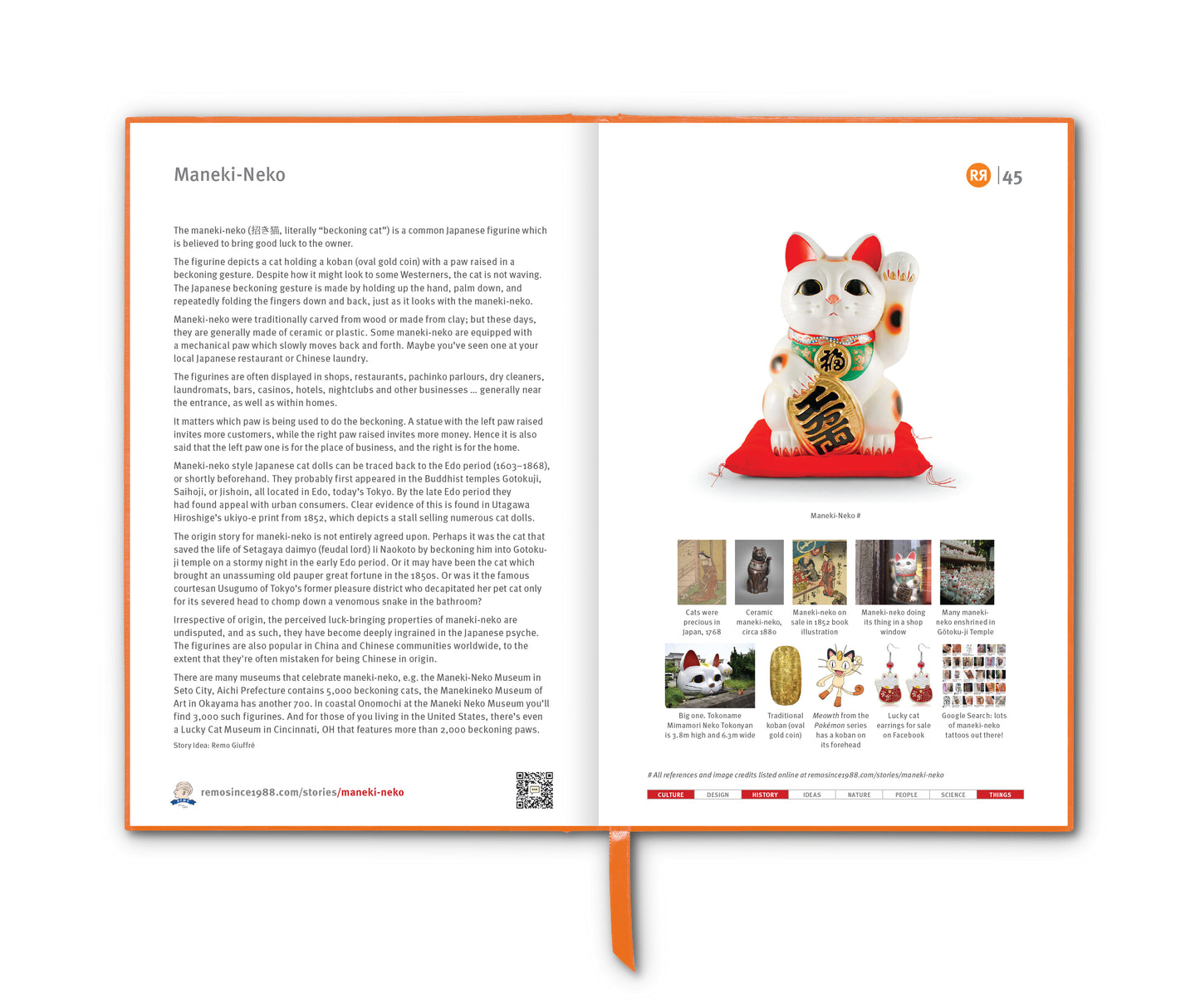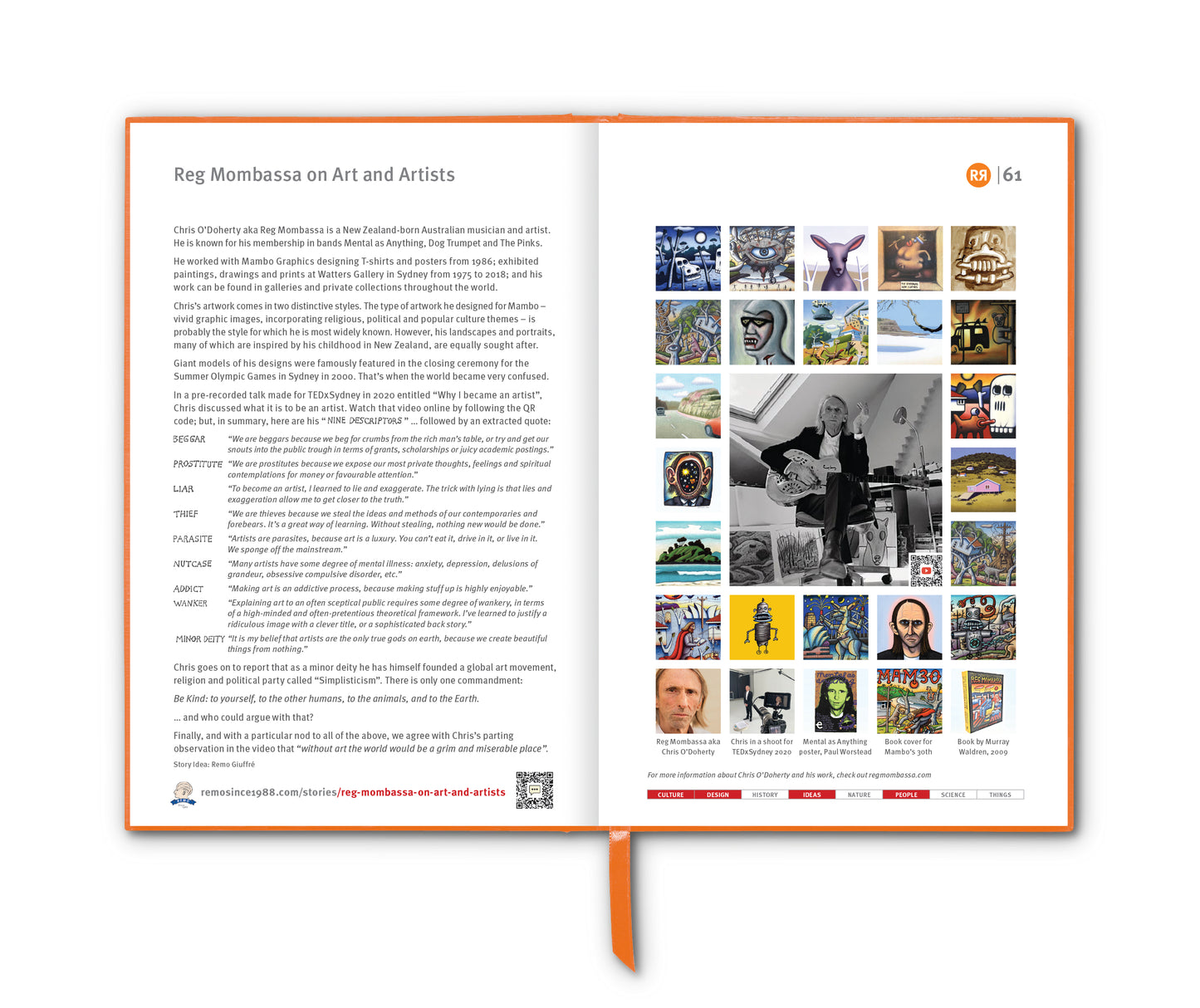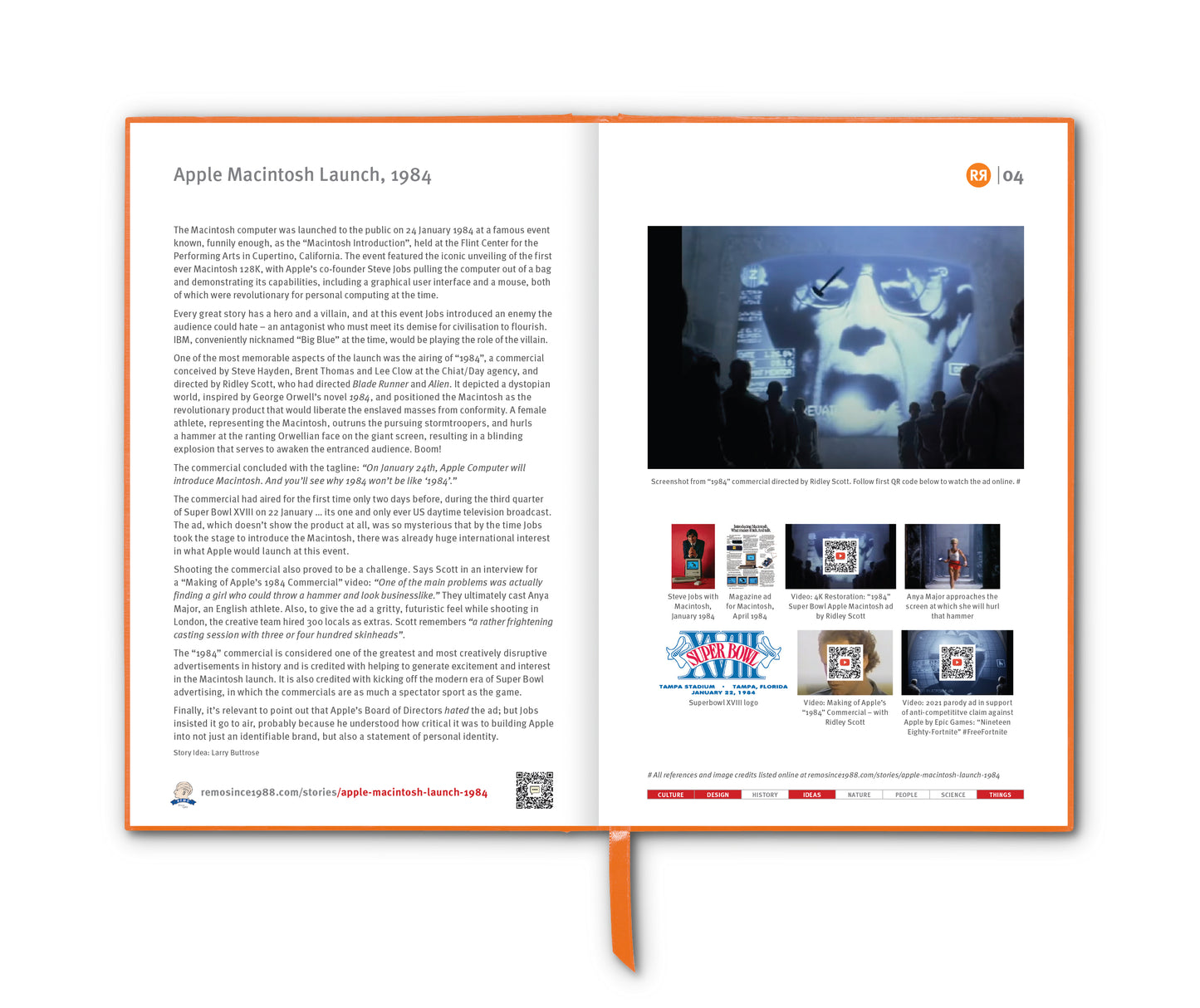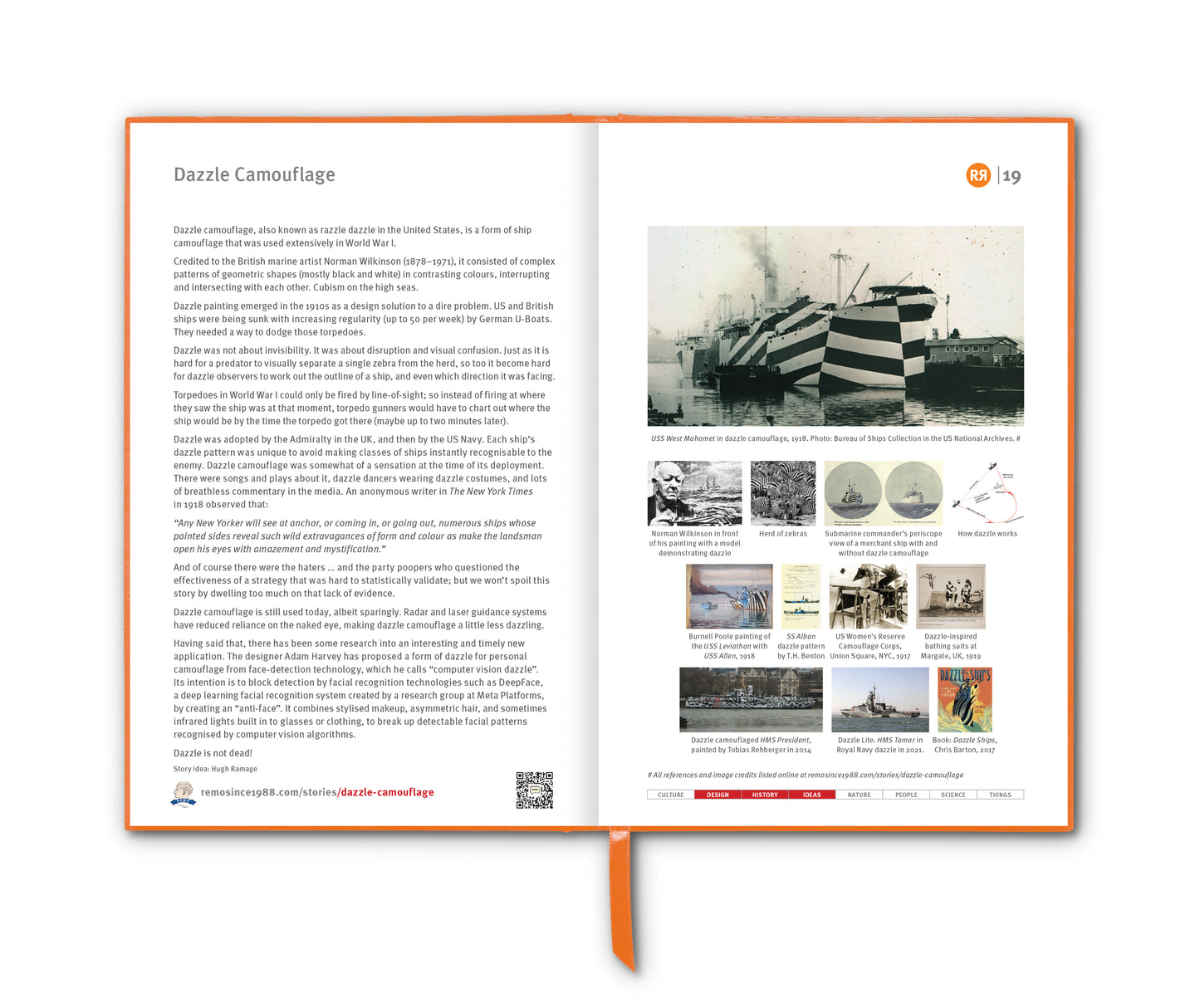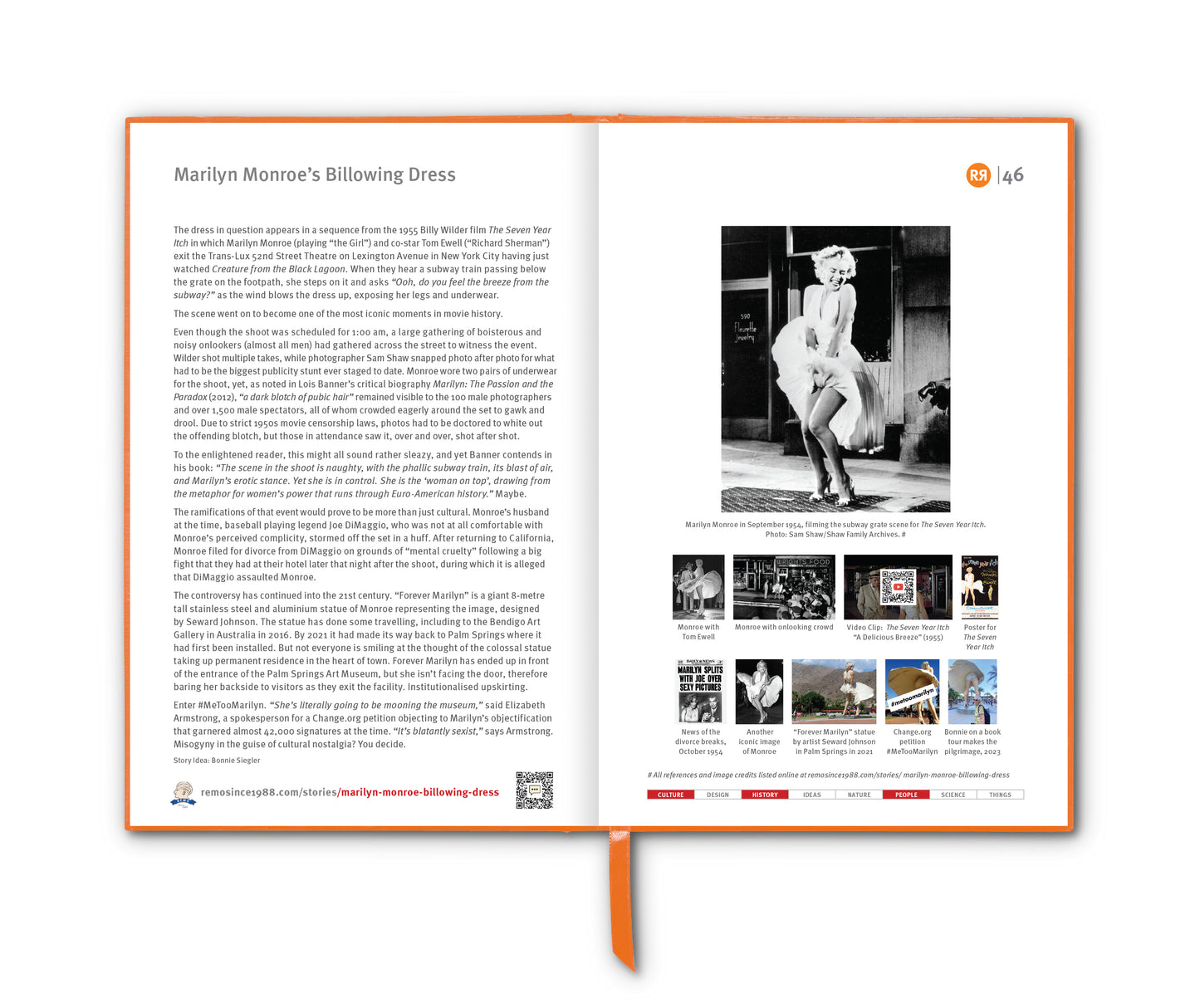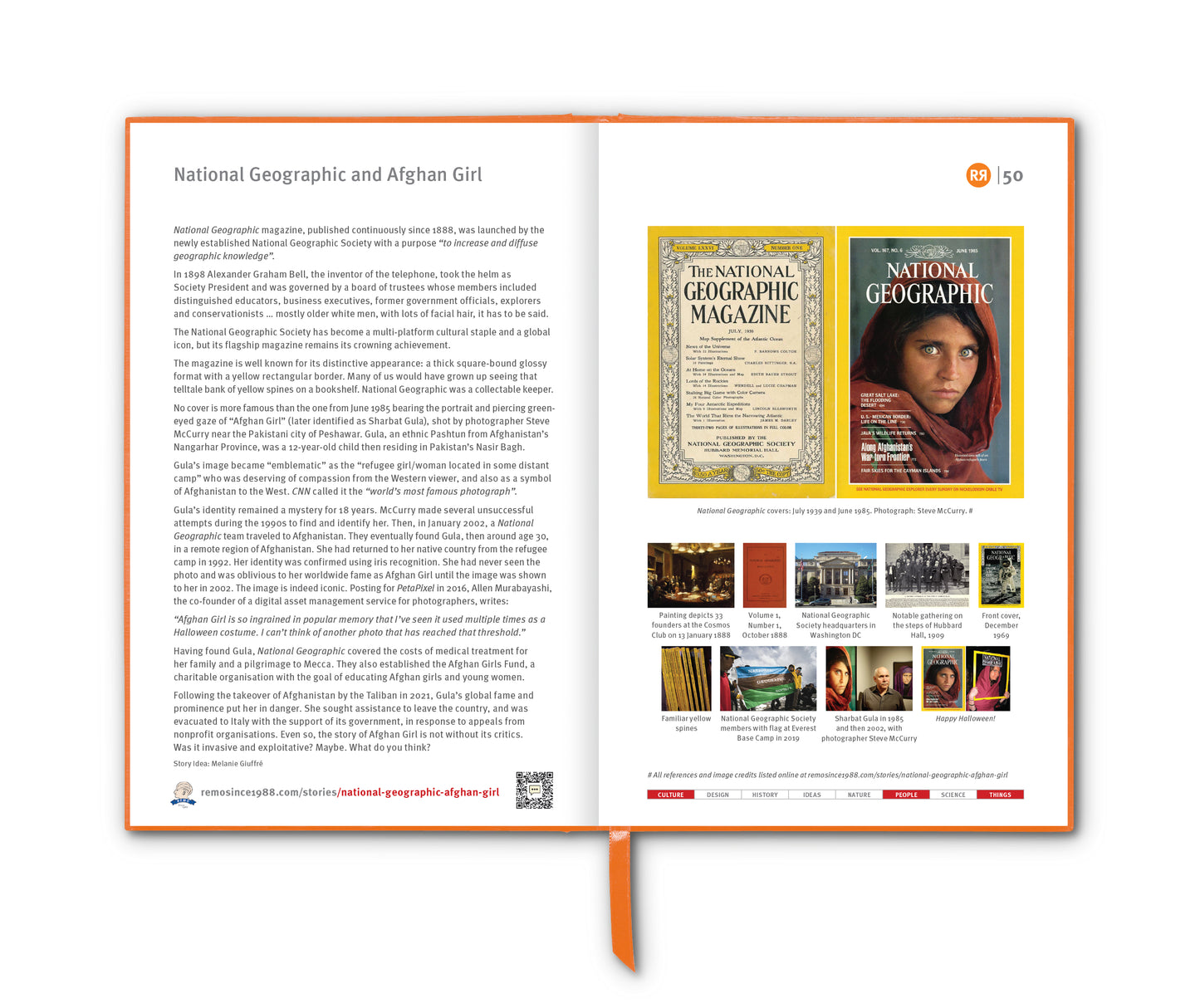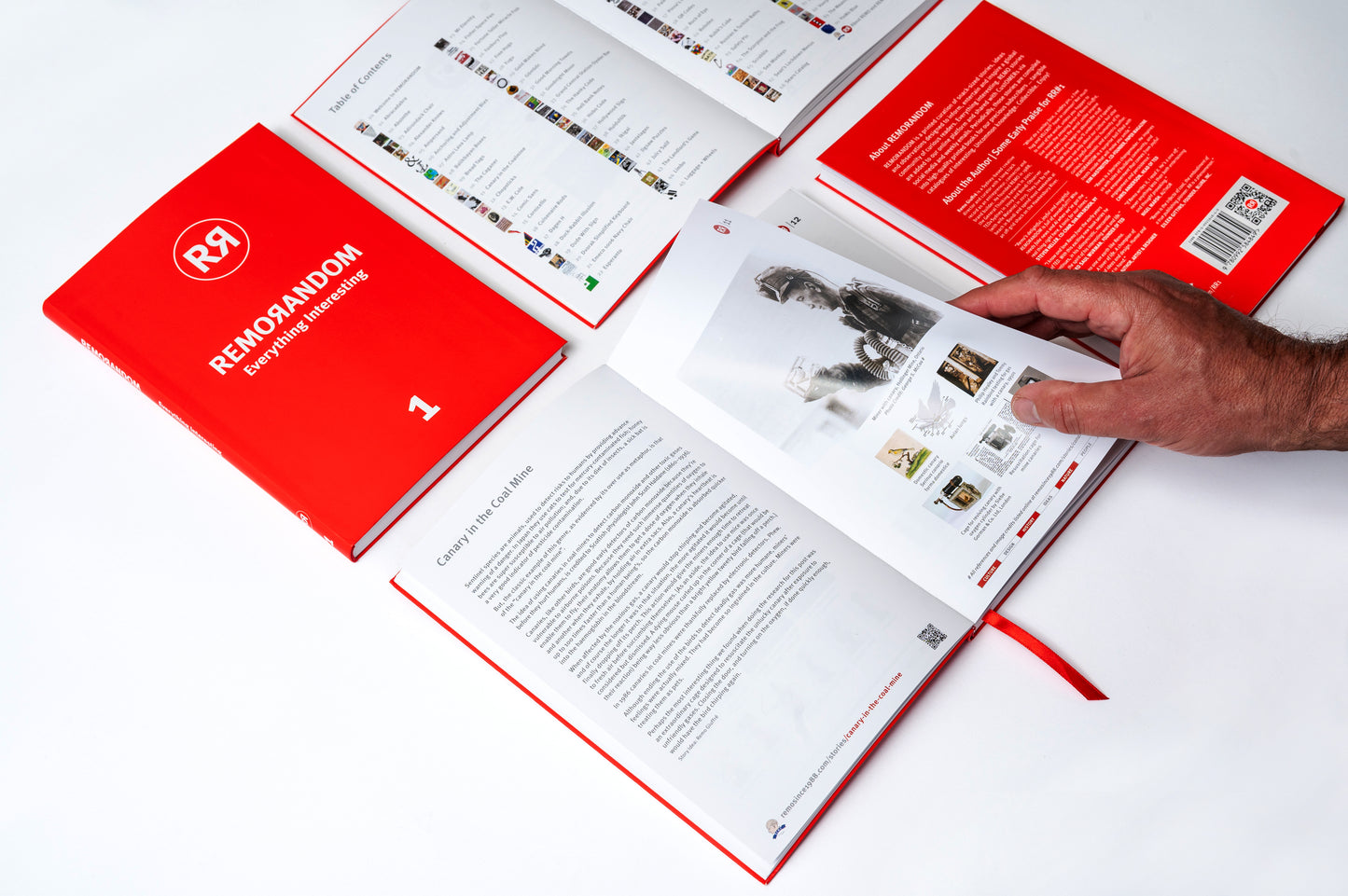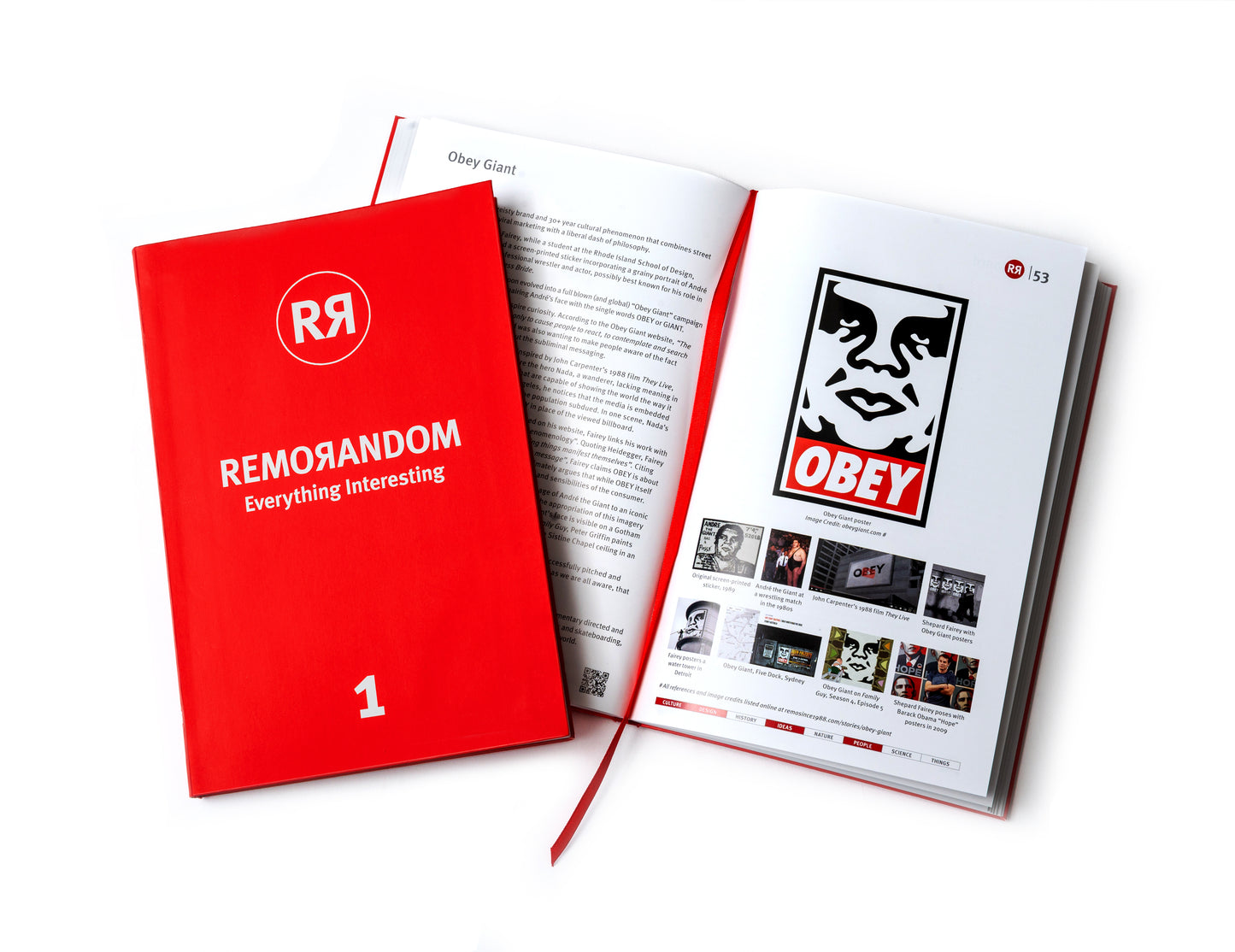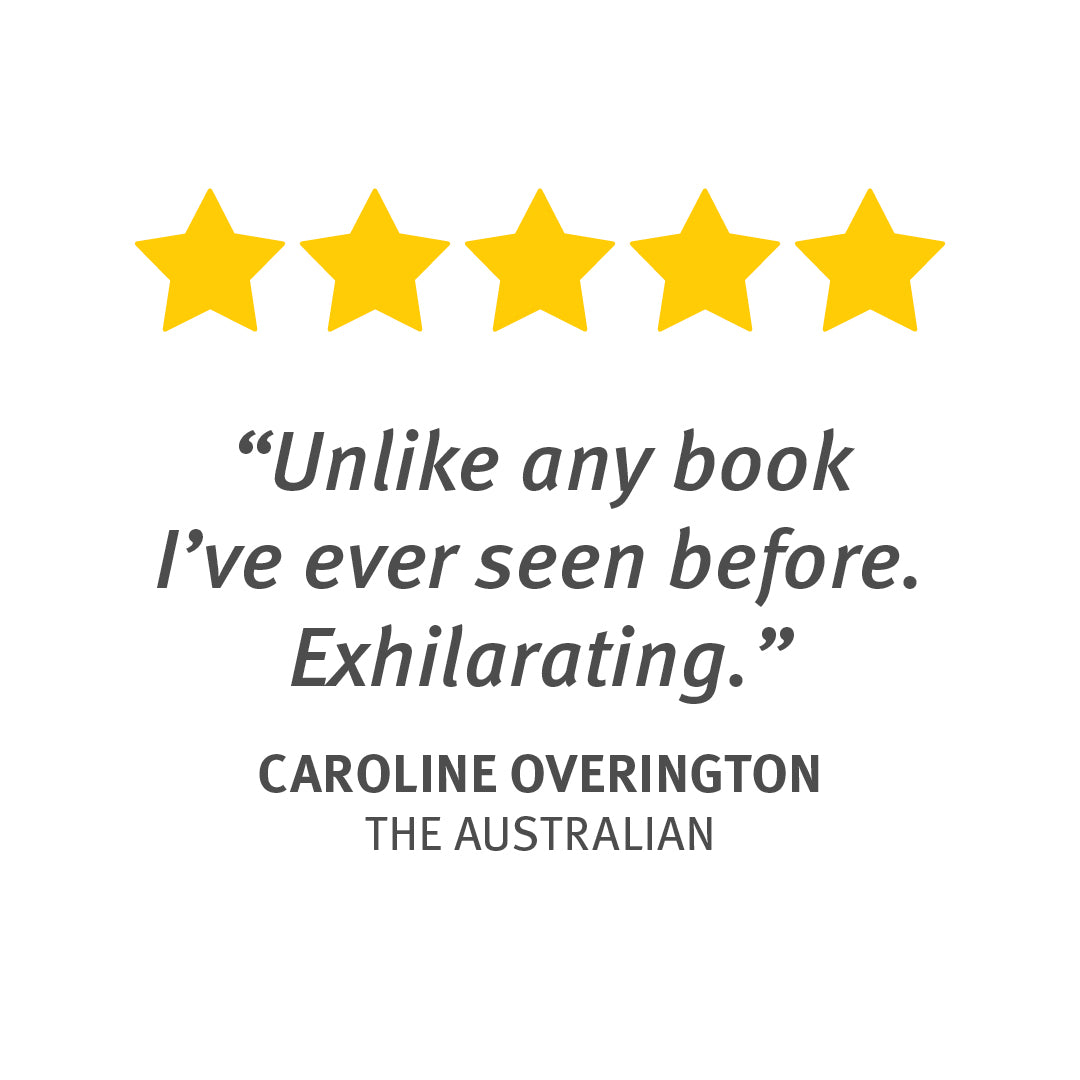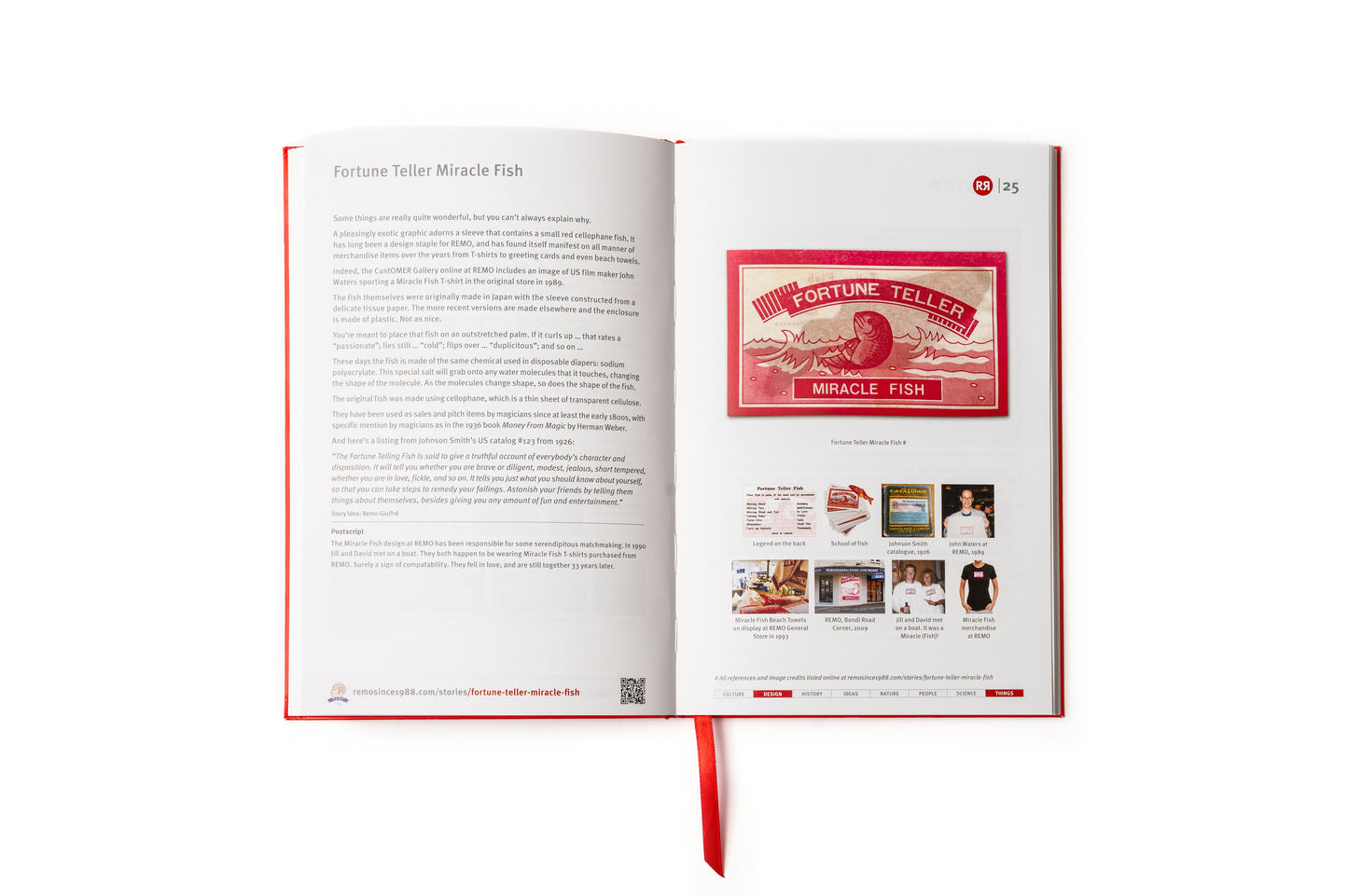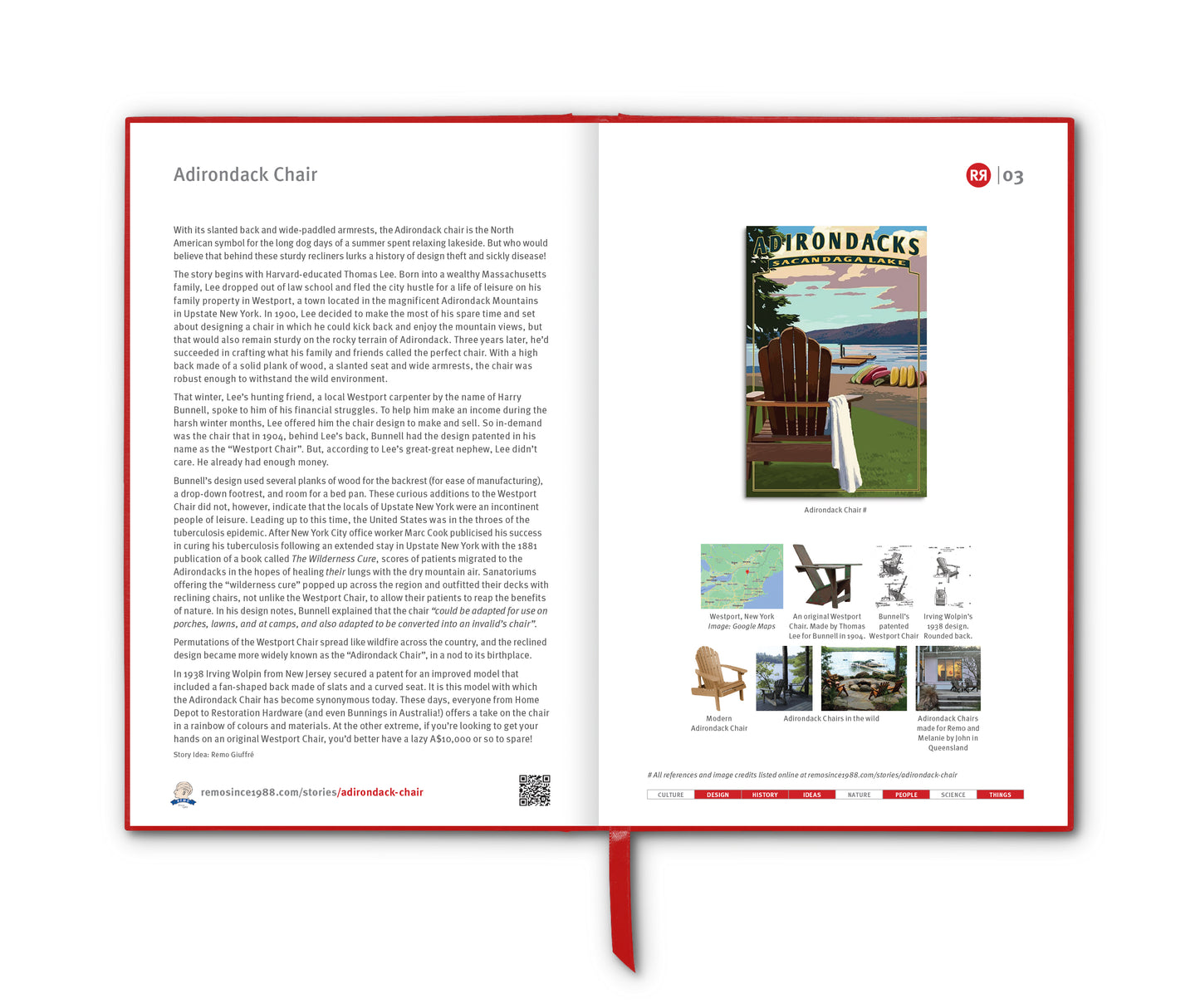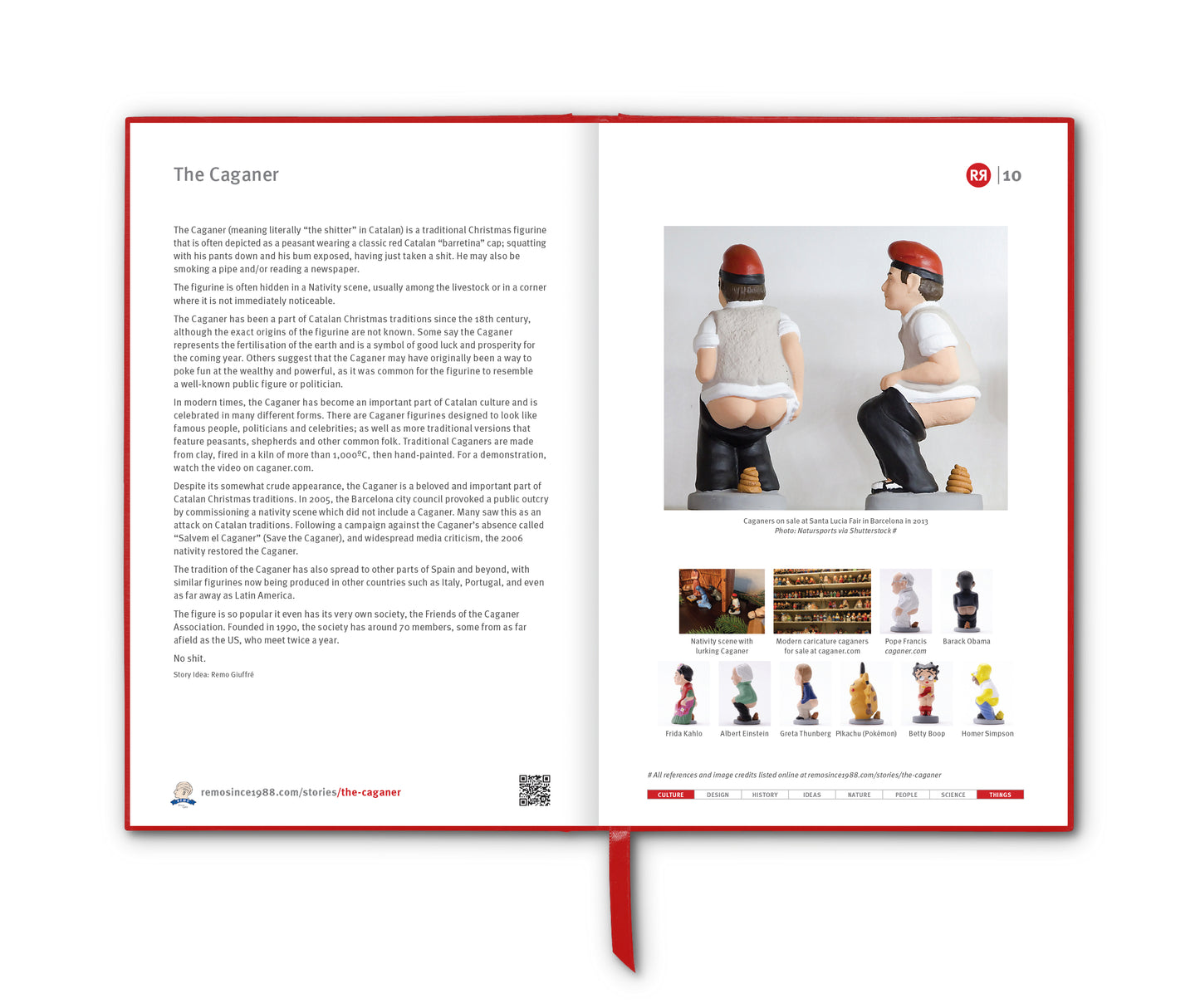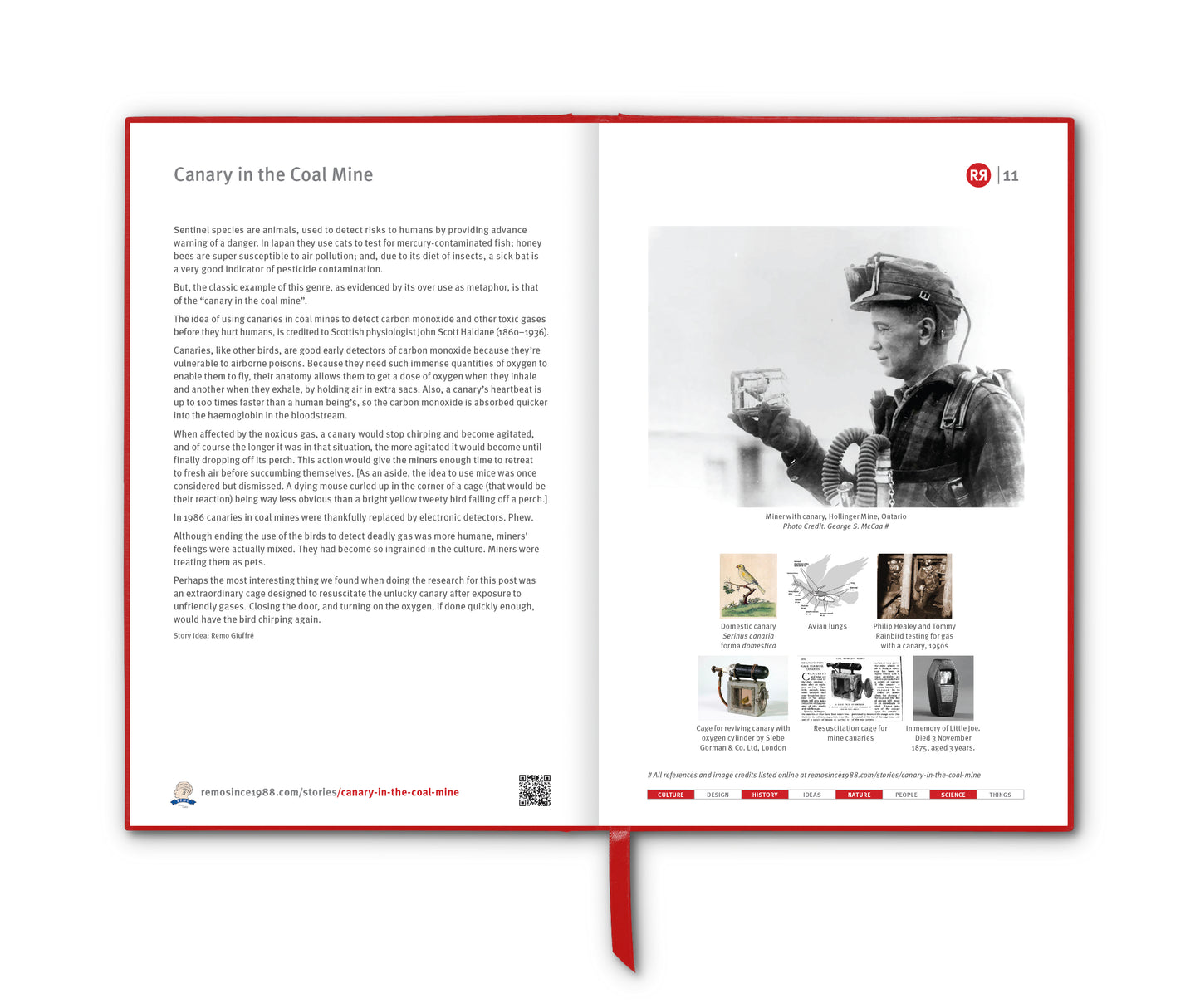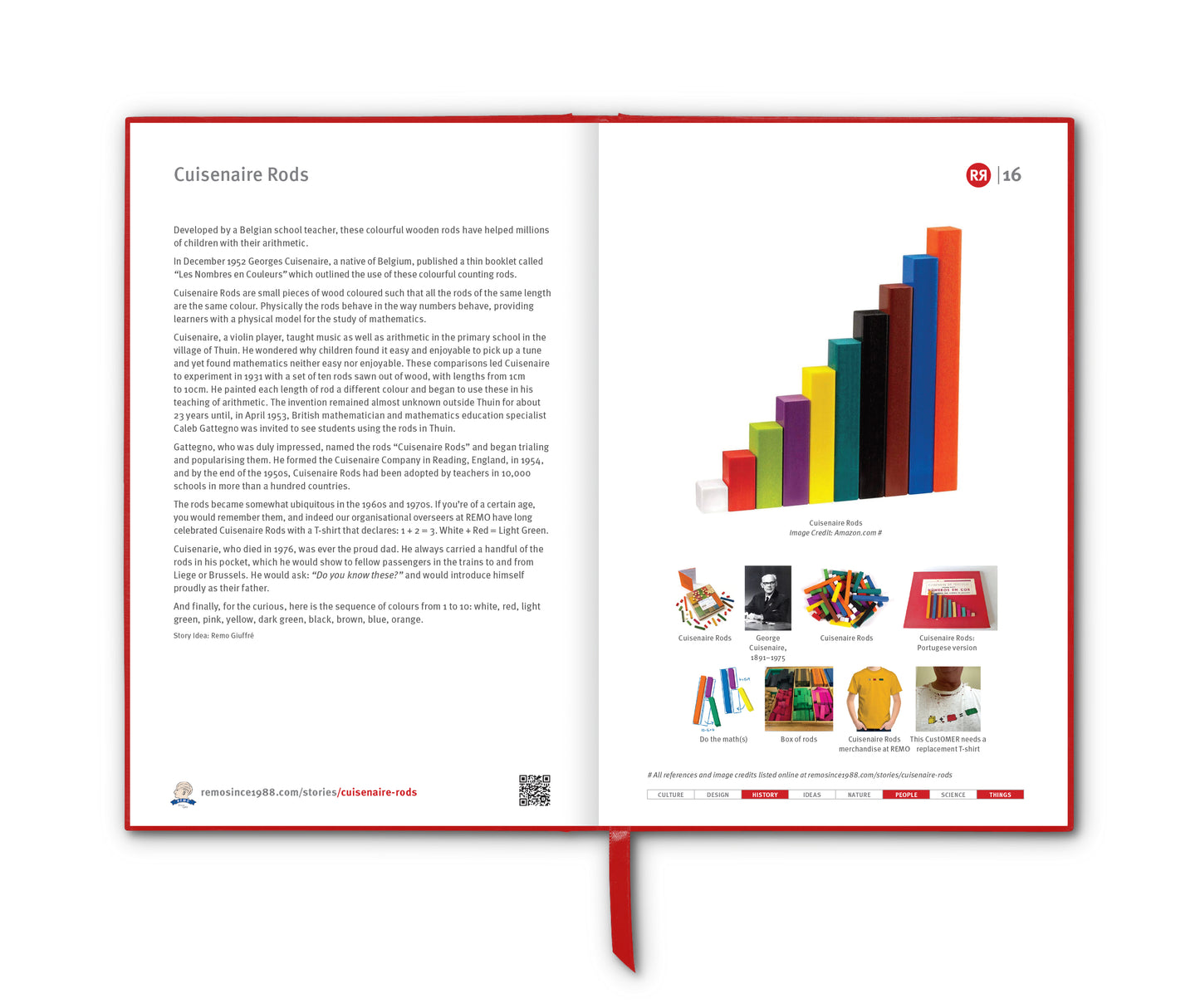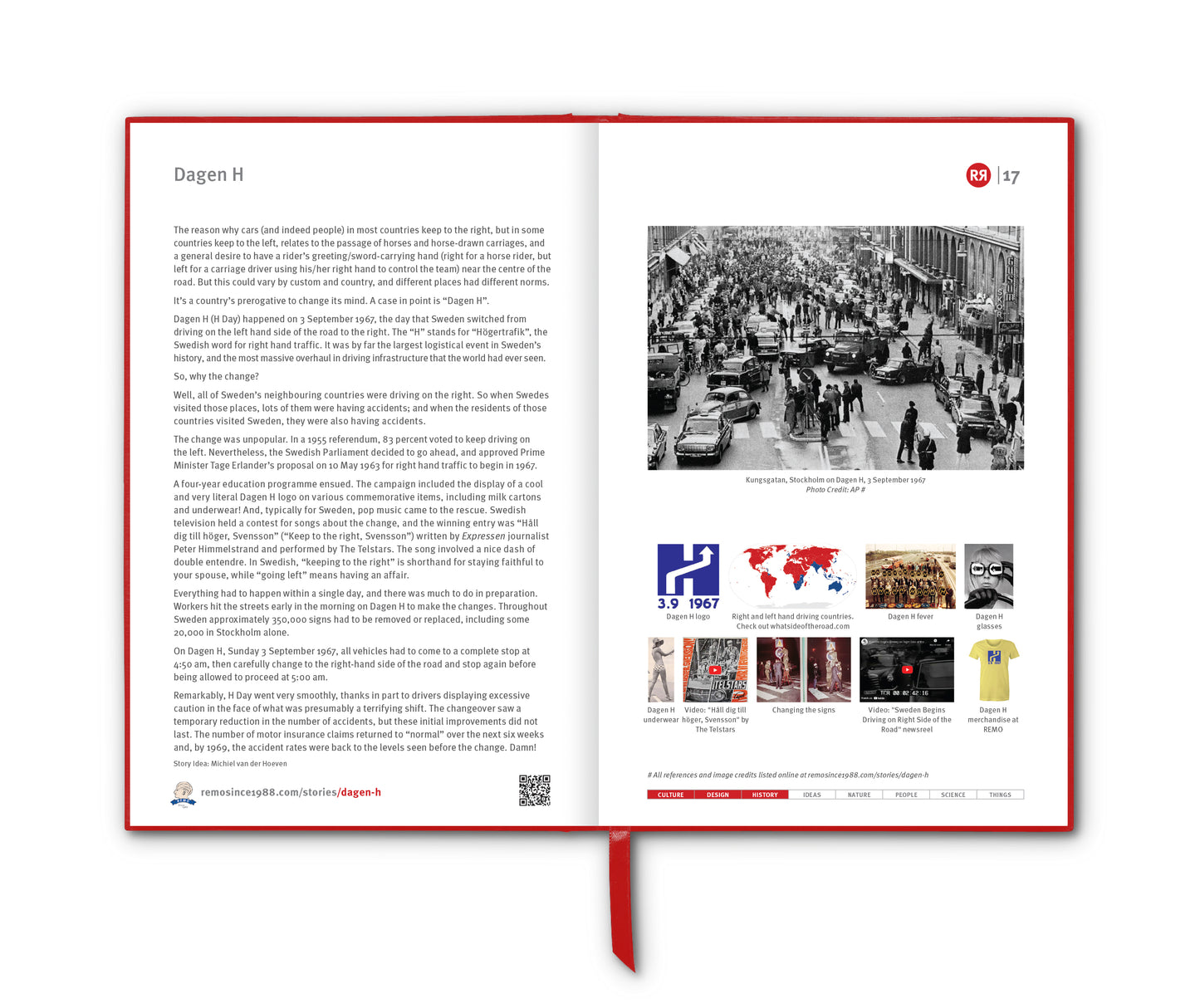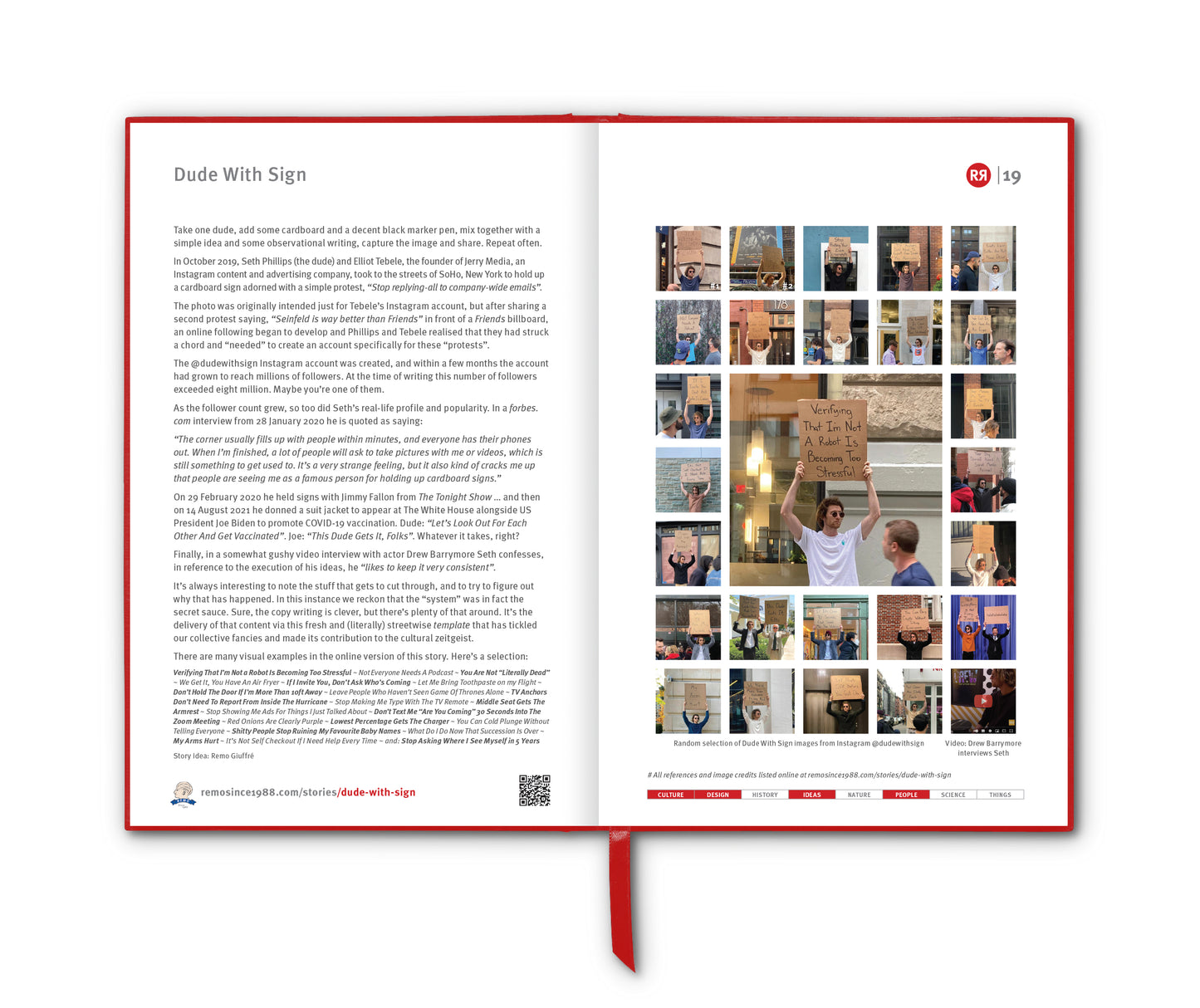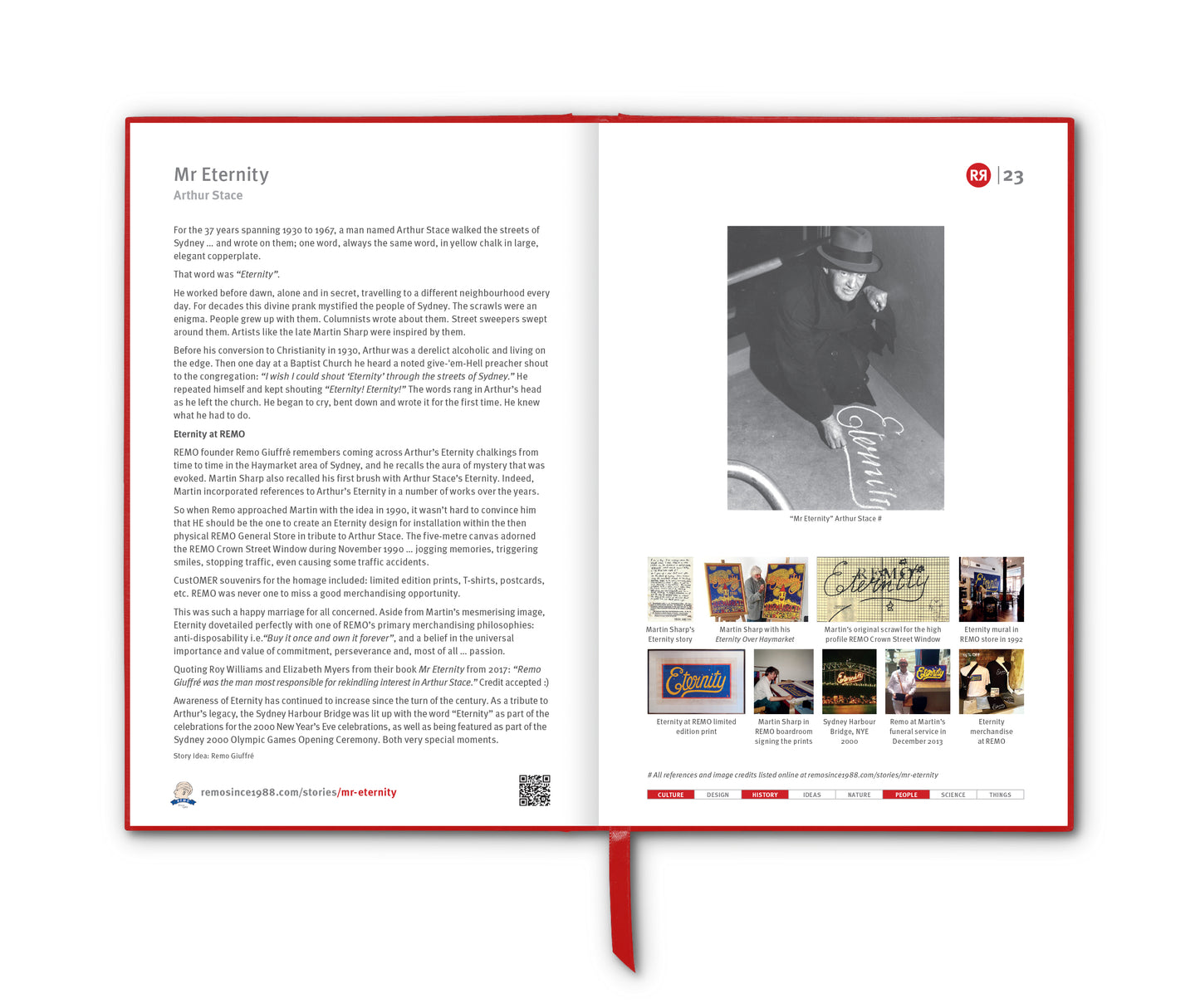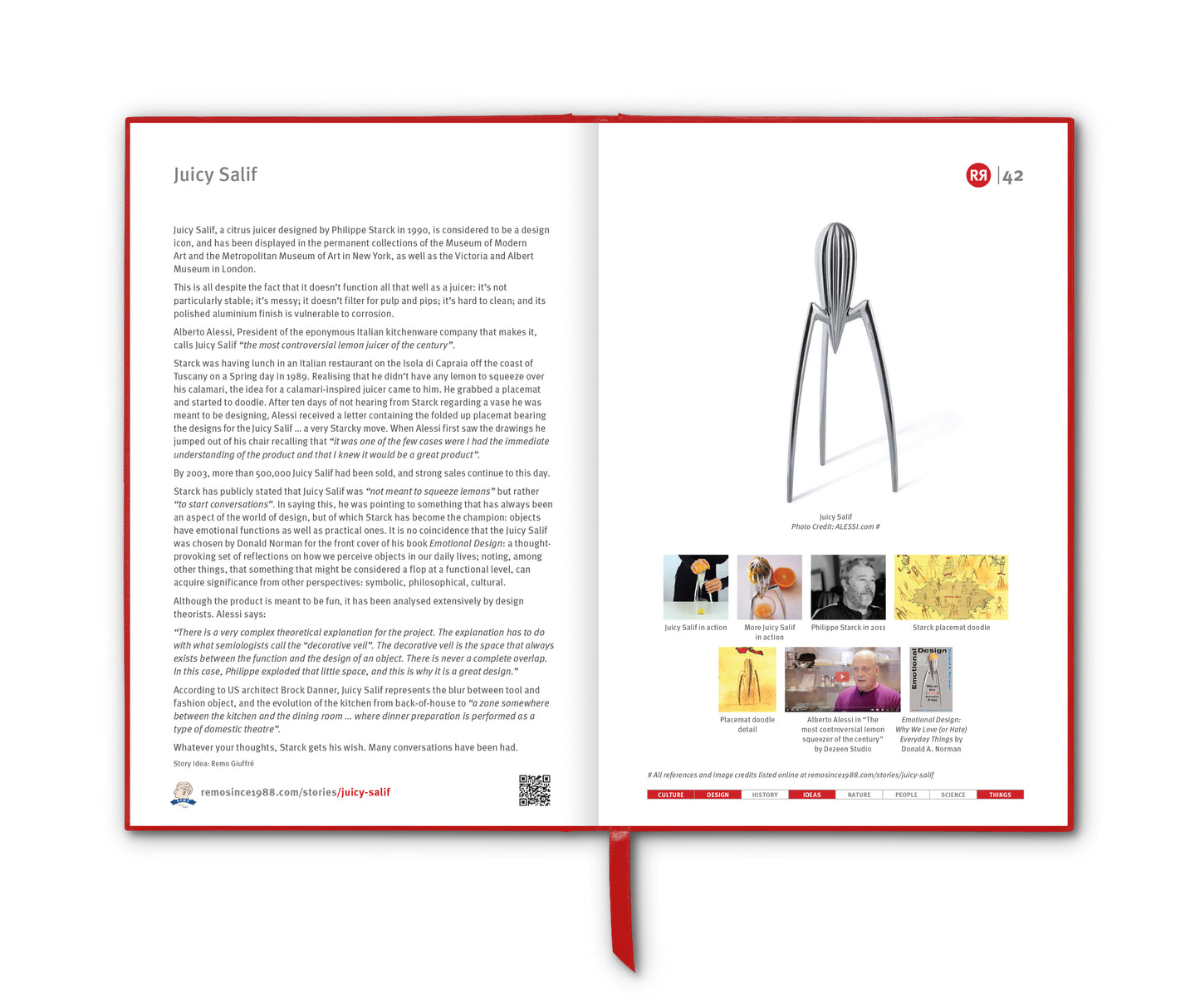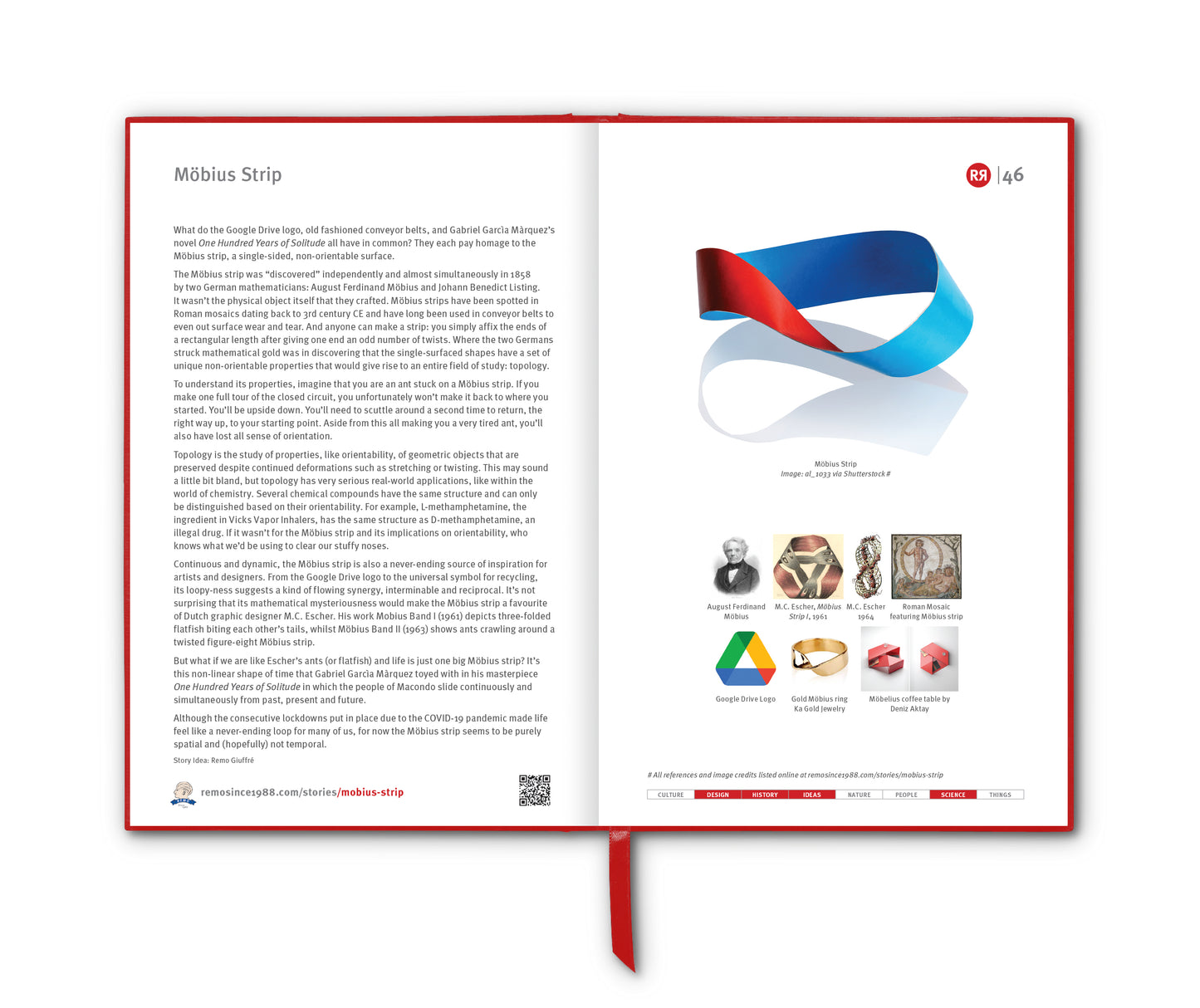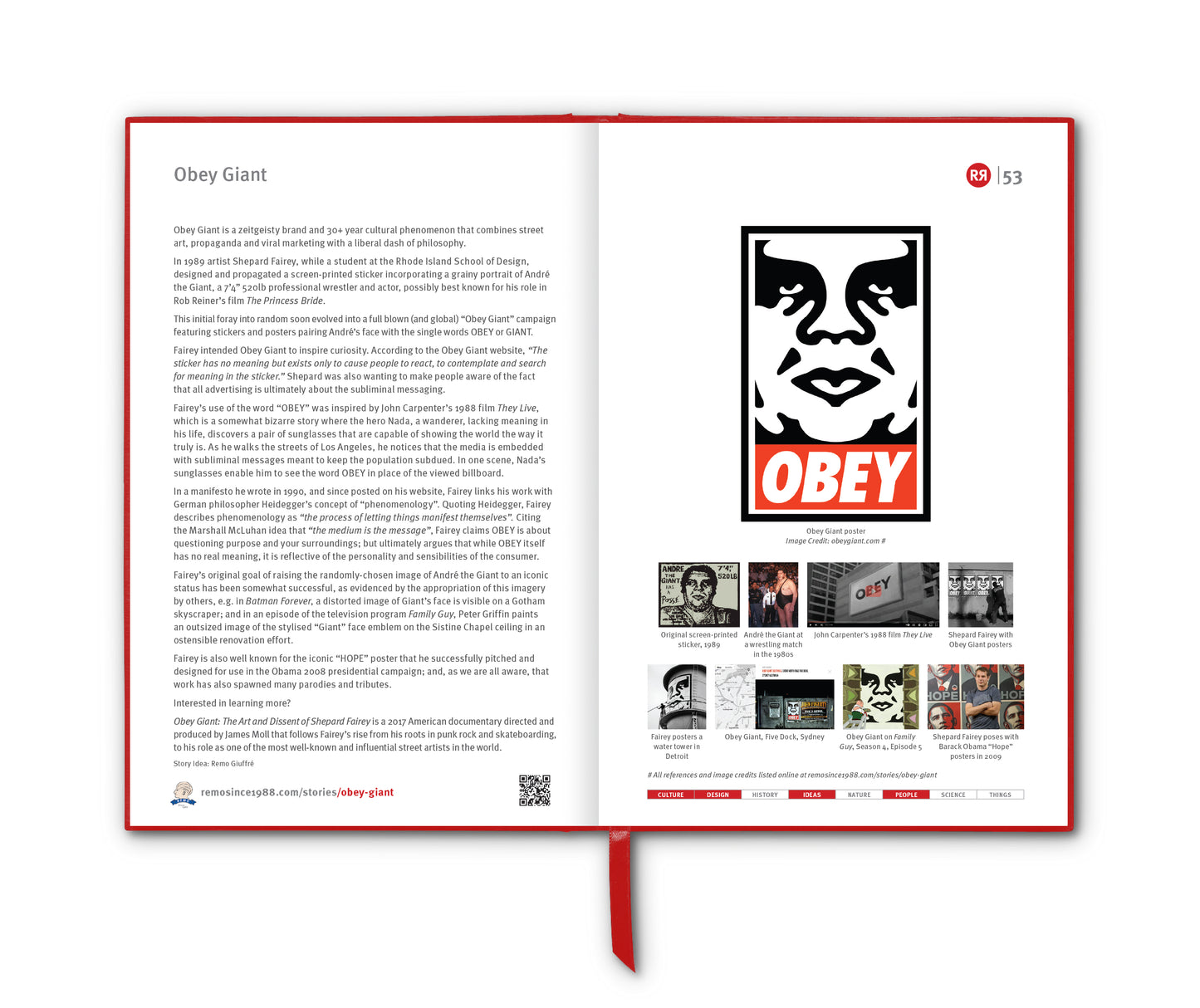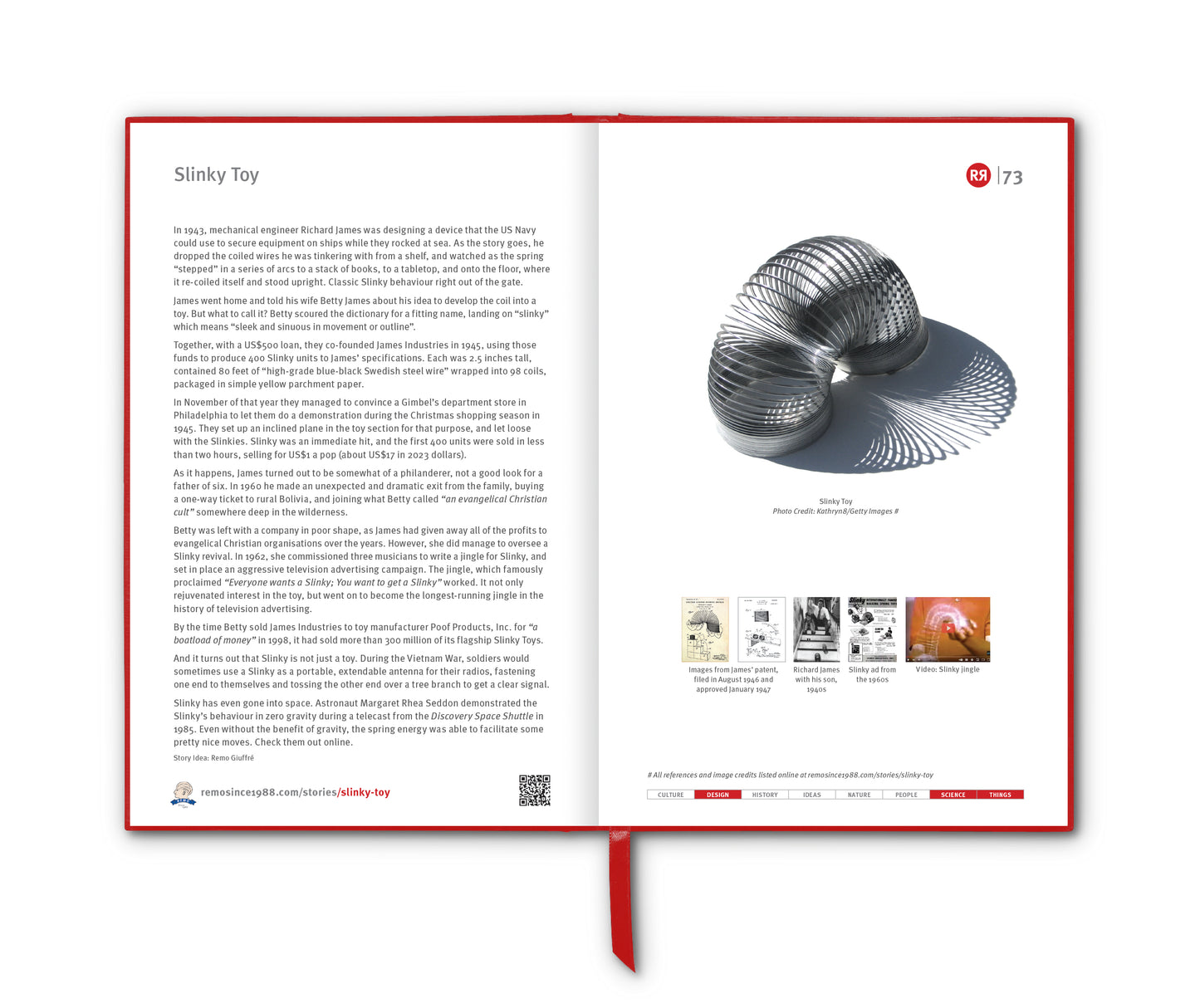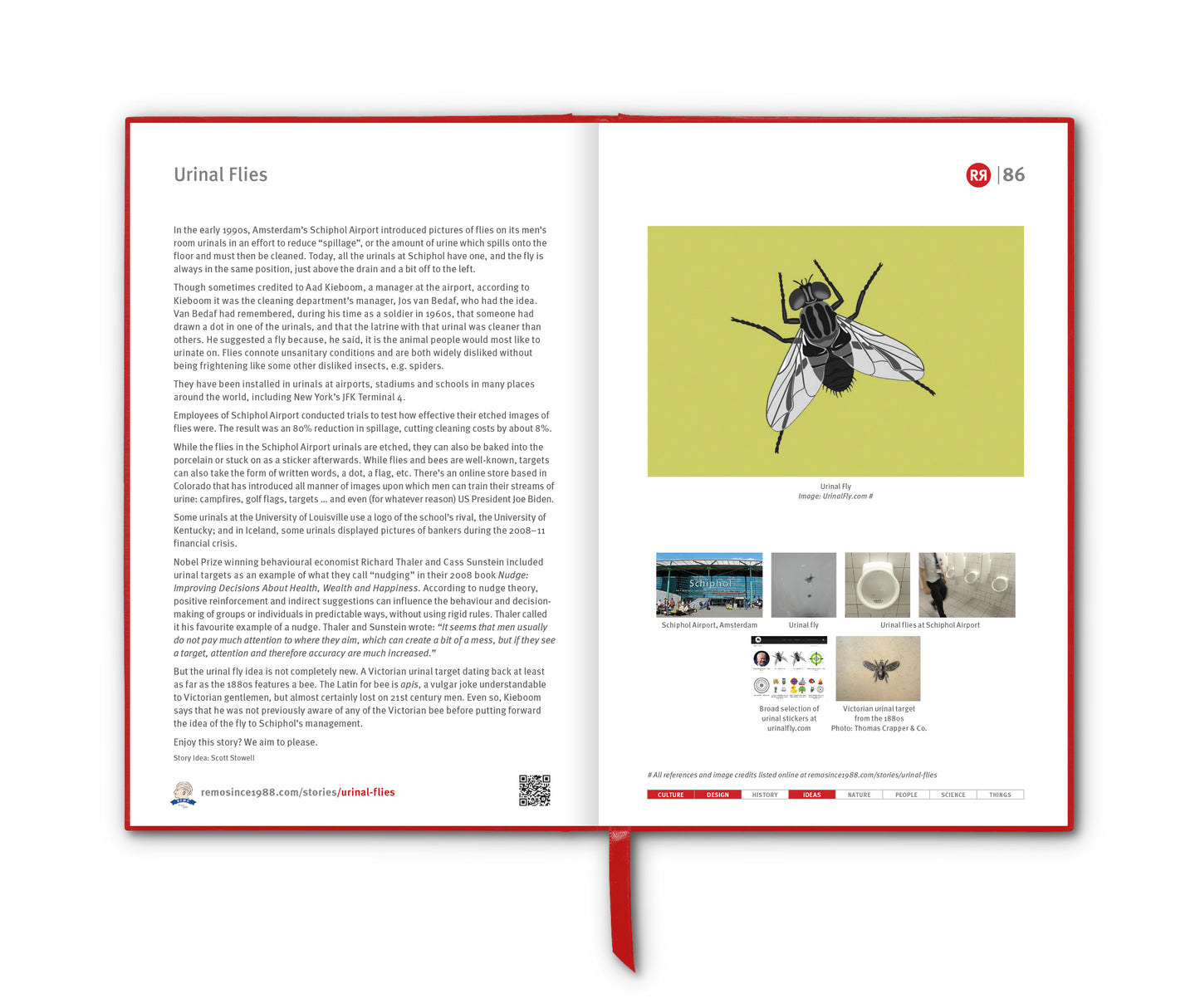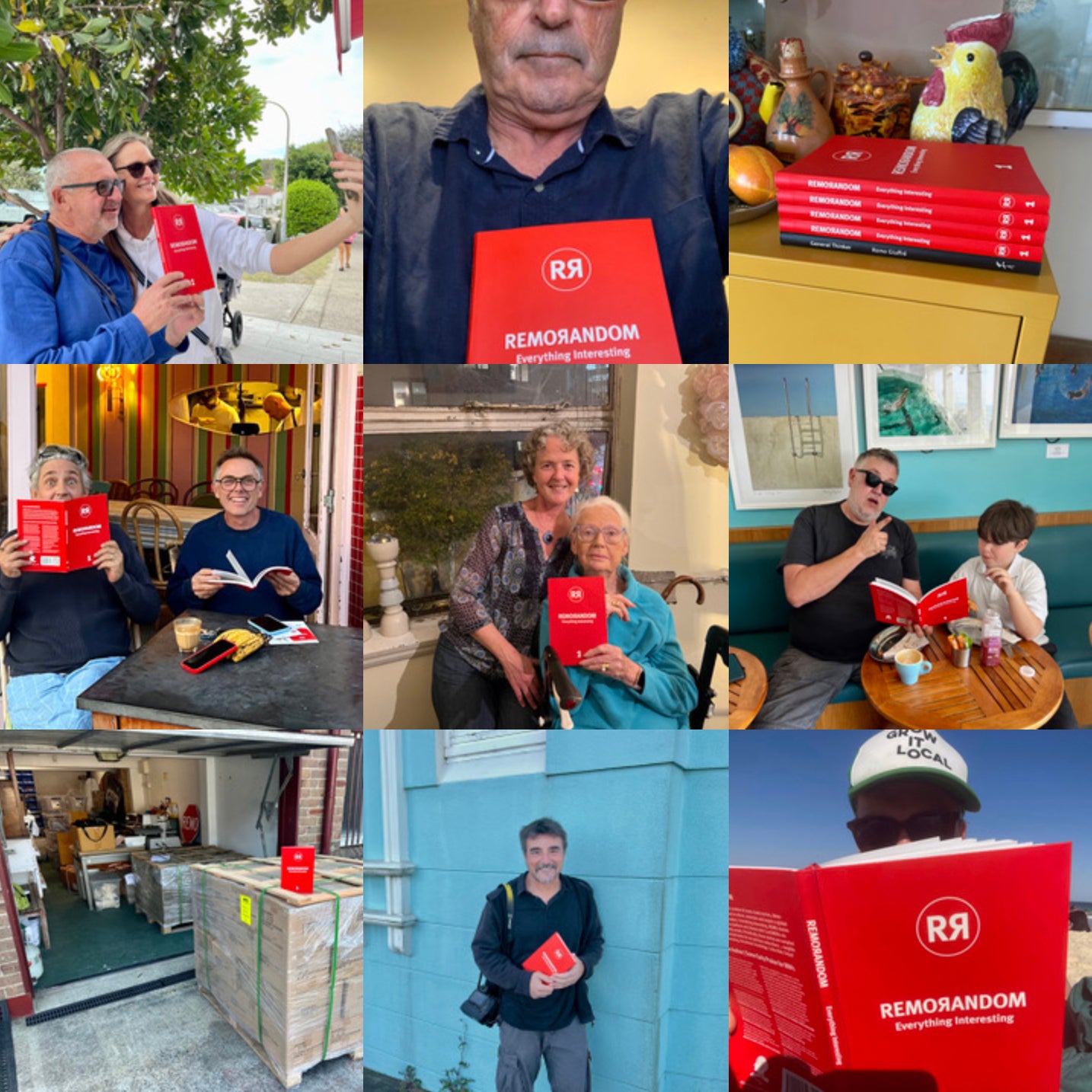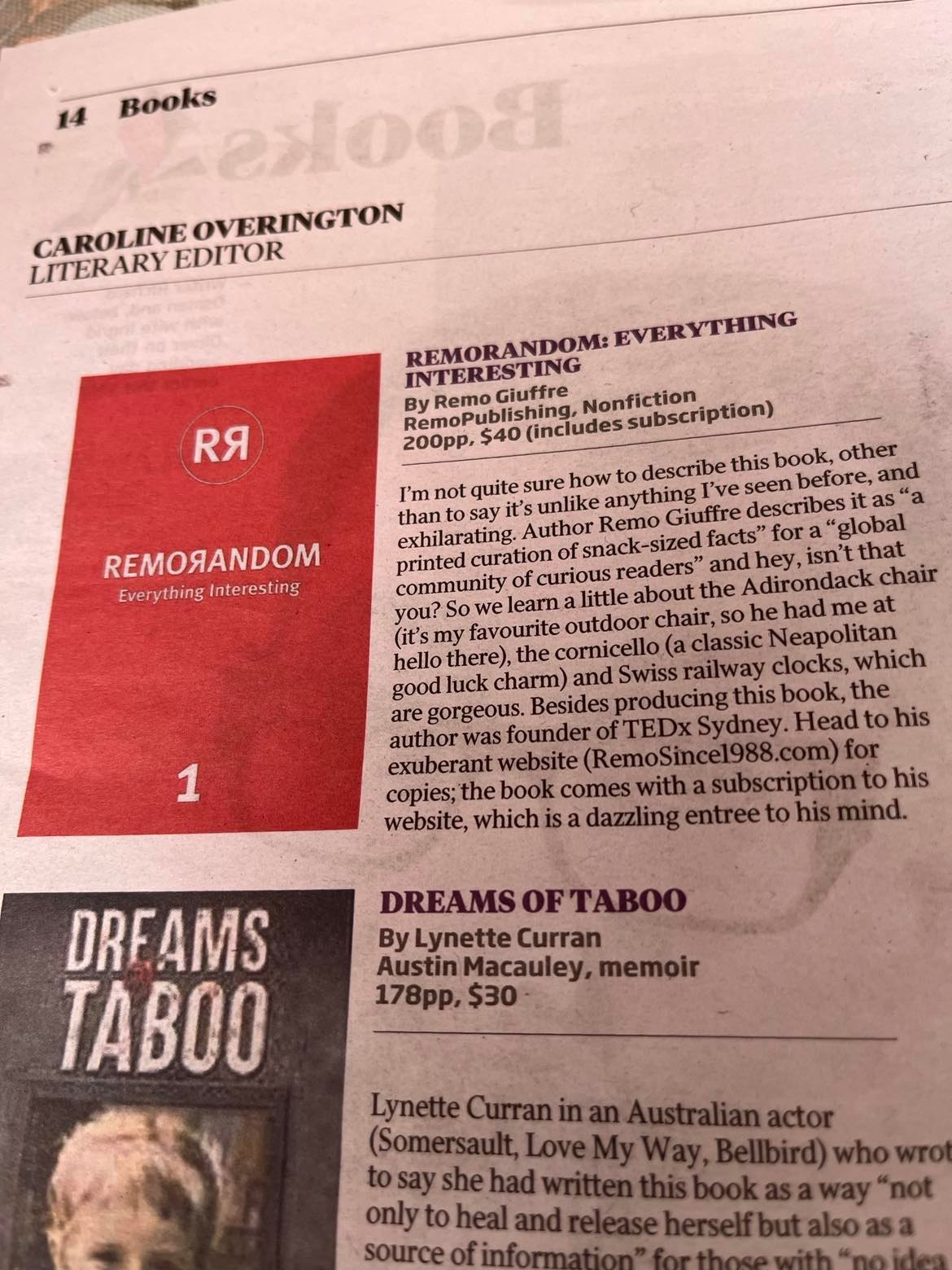The Oxford English Dictionary (OED) is the grandfather of all dictionaries, and one that has consistently based its entries on real evidence of how words have actually been used throughout the history of the English language.
Its development presents us with a epic example of what would be referred to today as “crowd sourcing” and “user generated content”, and involves a fascinating journey involving many people, spanning more than a century.
The idea of creating a comprehensive dictionary of the English language was conceived by members of the Philological Society of London. In 1857, they formed a committee to oversee the project.
Due to the enormity of the task, progress was slow. But then, in 1879, Scottish lexicographer James Murray was appointed as the editor of the project, which, as an aside, was now being underwritten by a contract with Oxford University Press. Murray was an experienced linguist and had previously worked on other dictionaries. Under his leadership, the project gained momentum.
Recognising the vastness of the English language and its extensive historical roots, Murray and his team sought the help of the public. They issued an appeal for “volunteers” to contribute quotations that illustrated the usage of words over time. Copies of the new appeal were sent to all corners of the globe, and new readers began to come forward in their hundreds, and eventually thousands.
Murray worked from a corrugated iron outbuilding that he called the "Scriptorium" which was lined with wooden planks, bookshelves, and 1,029 pigeon-holes for the incoming quotation slips. Murray received and replied to so many letters that the Post Office installed a pillar box outside his house on Banbury Road in Oxford.
Murray was originally hoping that the new dictionary would be done by around 1890. That would turn out to be gross underestimation of the amount of work involved. It would take almost four more decades for the 12 volume first edition of the OED to be completed in 1928 (13 years after Murray’s death).
By the time it was finished its 414,825 entries (excluding the word "cunt", but that's a whole other story) had been crowdsourced from a surprising and diverse group of people, from archaeologists and astronomers to murderers, naturists, novelists, pornographers, queer couples, suffragists, vicars and vegetarians … as colourfully documented by Australian lexicographer Sarah Ogilvie in her 2023 book “The Dictionary People: The Unsung Heroes Who Created the Oxford English Dictionary”.
And the work is ongoing. The OED is a living document that undergoes regular updates and revisions. The involvement of the public continues to be crucial for keeping the dictionary current and reflective of the ever-changing English language. Watch this video for a brief history of the OED’s Appeals to the public.
In 2005 the OED linked up with the BBC for another kind of appeal to the public. The Wordhunt asked BBC television viewers for help in finding earlier examples of a selection of 50 words and phrases; and the results were presented the following year in the television series Balderdash & Piffle. Fun.
These days, with the advent of technology, the process of gathering quotations has naturally evolved via the use of electronic databases and online resources allowing for a more efficient and systematic approach to collecting examples of word usage. The public can now submit quotes through digital platforms, further democratising the contribution process.
Finally, another book of note: “The Meaning of Everything” by Simon Winchester (2003) is a scintillating account of the creation of the Oxford English Dictionary, the greatest monument ever erected to a living language.
Story Idea: Remo Giuffré
________________________________
References
wikipedia.org/wiki/Oxford_English_Dictionary
oed.com/information/using-the-oed/contributing-to-the-oed/your-dictionary-needs-you-a-brief-history-of-the-oeds-appeals-to-the-public
baumanrarebooks.com/blog/story-behind-creation-oxford-english-dictionary/
smh.com.au/culture/books/the-word-nerds-who-lived-and-died-for-the-oxford-english-dictionary
wikipedia.org/wiki/Balderdash_and_Piffle
Images
1. James Murray surrounded by files of word definitions
2. Philological Society of London proposal, 1857
3. Murray in the "Scriptorium" at 78 Banbury Road in Oxford
4. "An Appeal to the English-Speaking and English-Reading Public to Read Books and Make Extracts for The Philological Society's New English Dictionary." Oxford University were not yet involved at the time of the appeal. Full appeal HERE.
5. Sample quotation slip for the word "flood" sent in by a volunteer. Source: Museum of the Oxford University Press, Great Clarendon Street, Oxford.
6. Book: "The Dictionary People: The Unsung Heroes Who Created the Oxford English Dictionary" Sarah Ogilvie, 2023
7. Dr. William Chester Minor (1834–1920) was an American army surgeon and one of the largest contributors of quotations to the Oxford English Dictionary. He was also held in a lunatic asylum from 1872 to 1910 after he murdered George Merrett.
8. All 12 volumes of the First Edition of the Oxford English Dictionary, 1928
9. Modern quotation slips. Source: oed.com.
10. Video: The History of OED Appeals, Oxford Academic (Oxford University Press)
11. Modern Oxford English Dictionary
12. Book: book of note: “The Meaning of Everything” by Simon Winchester, 2003


















